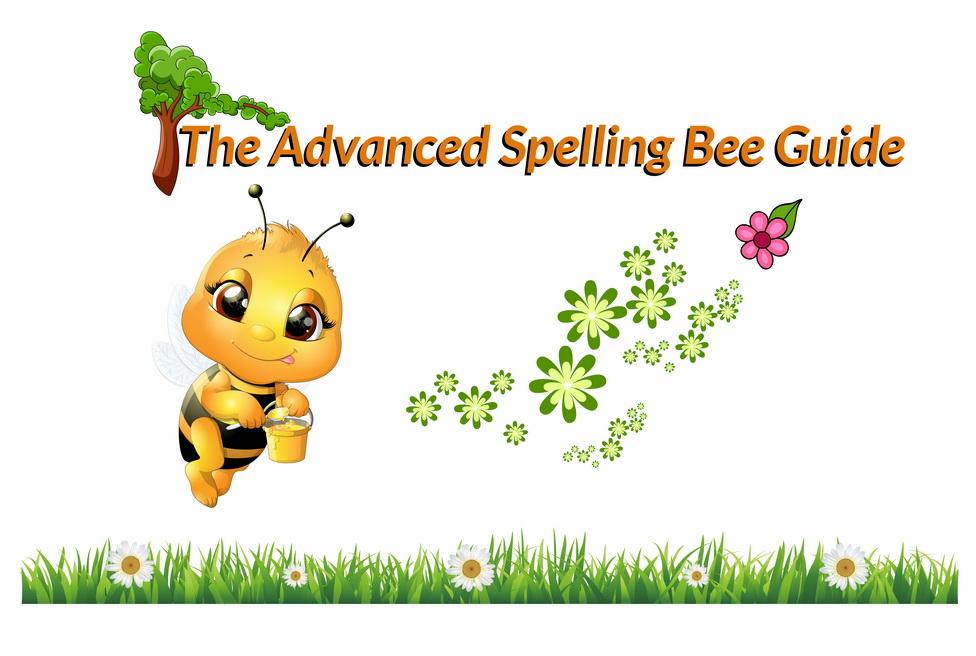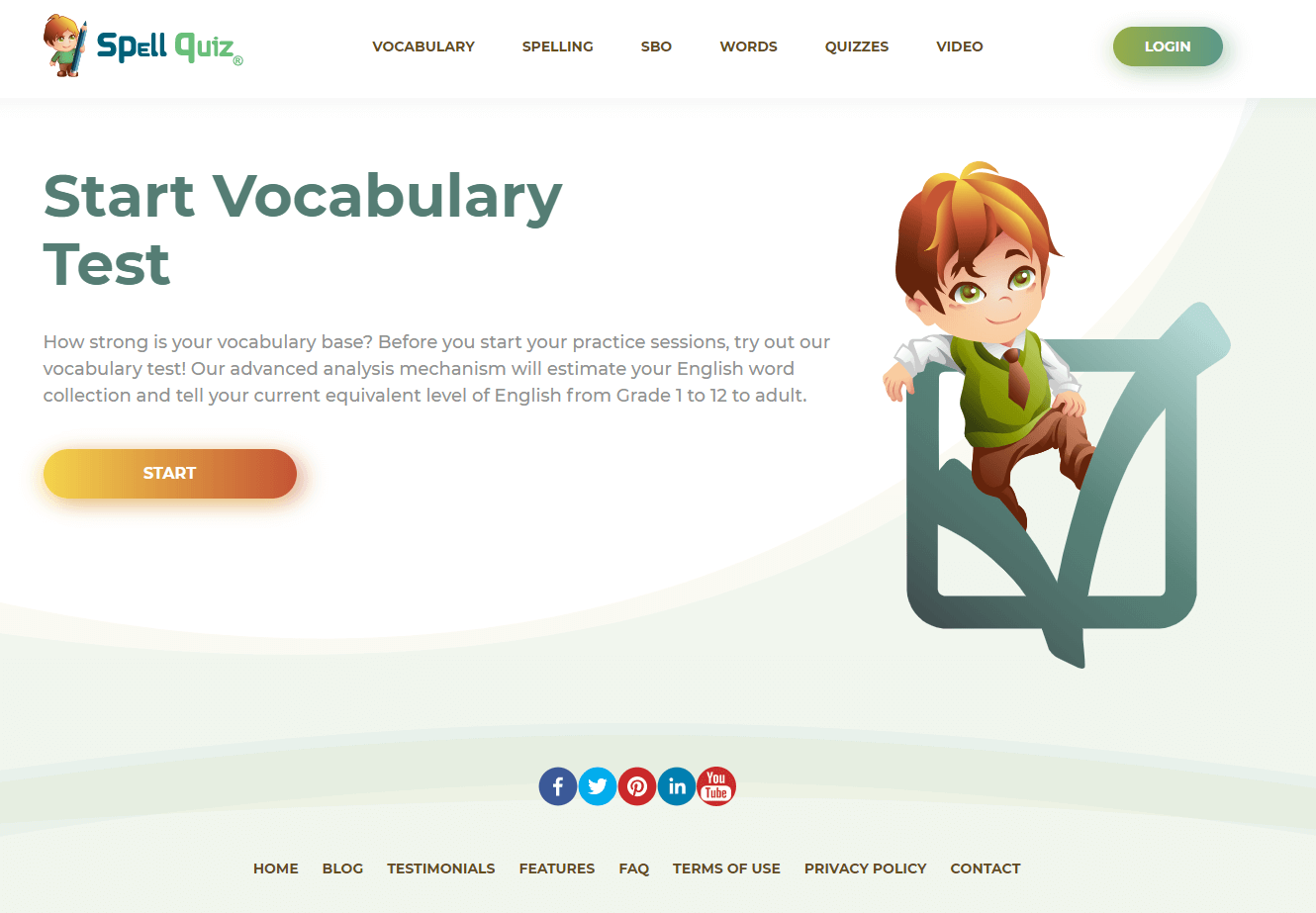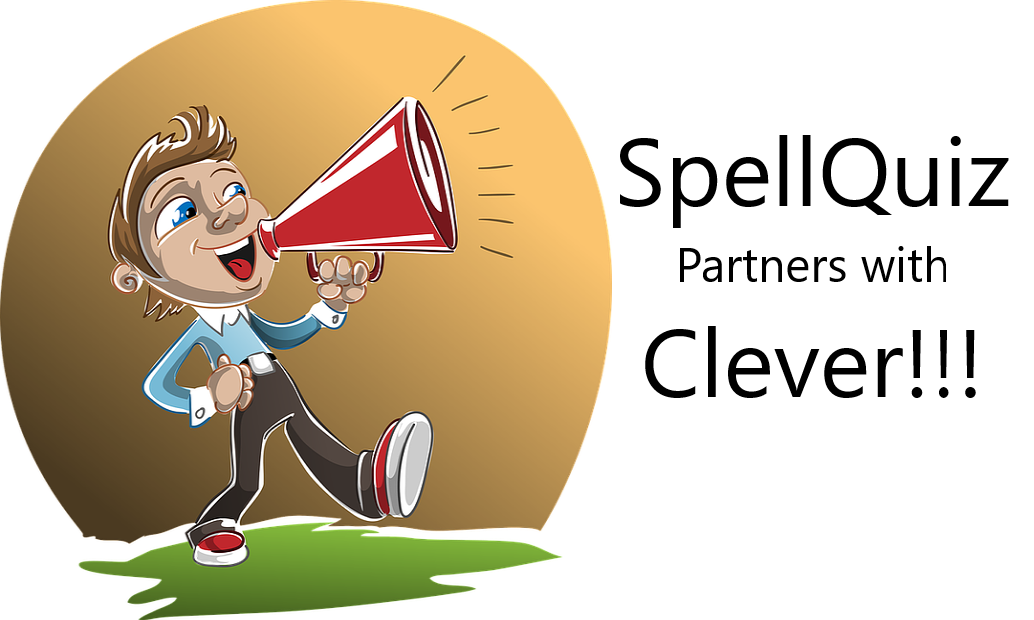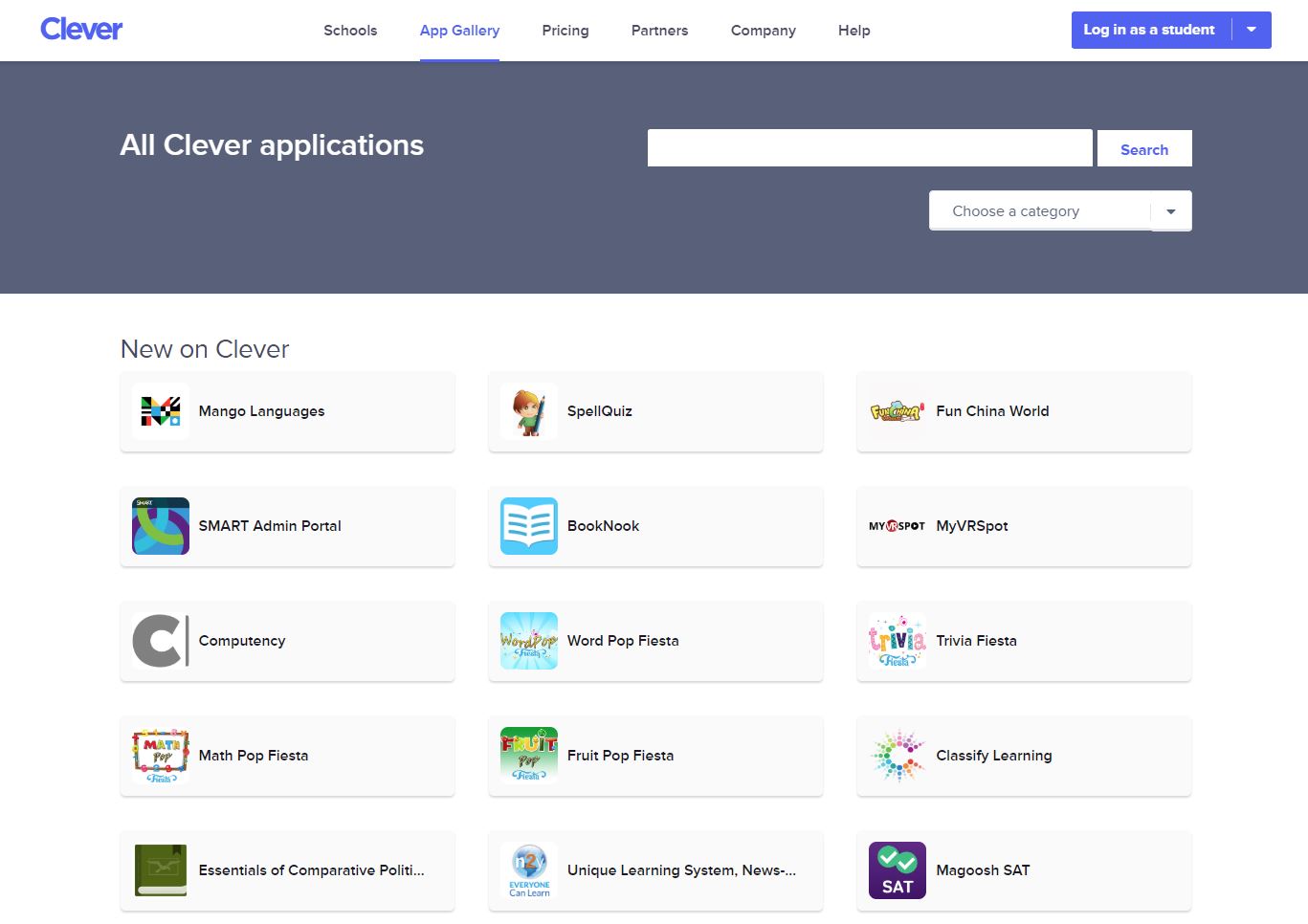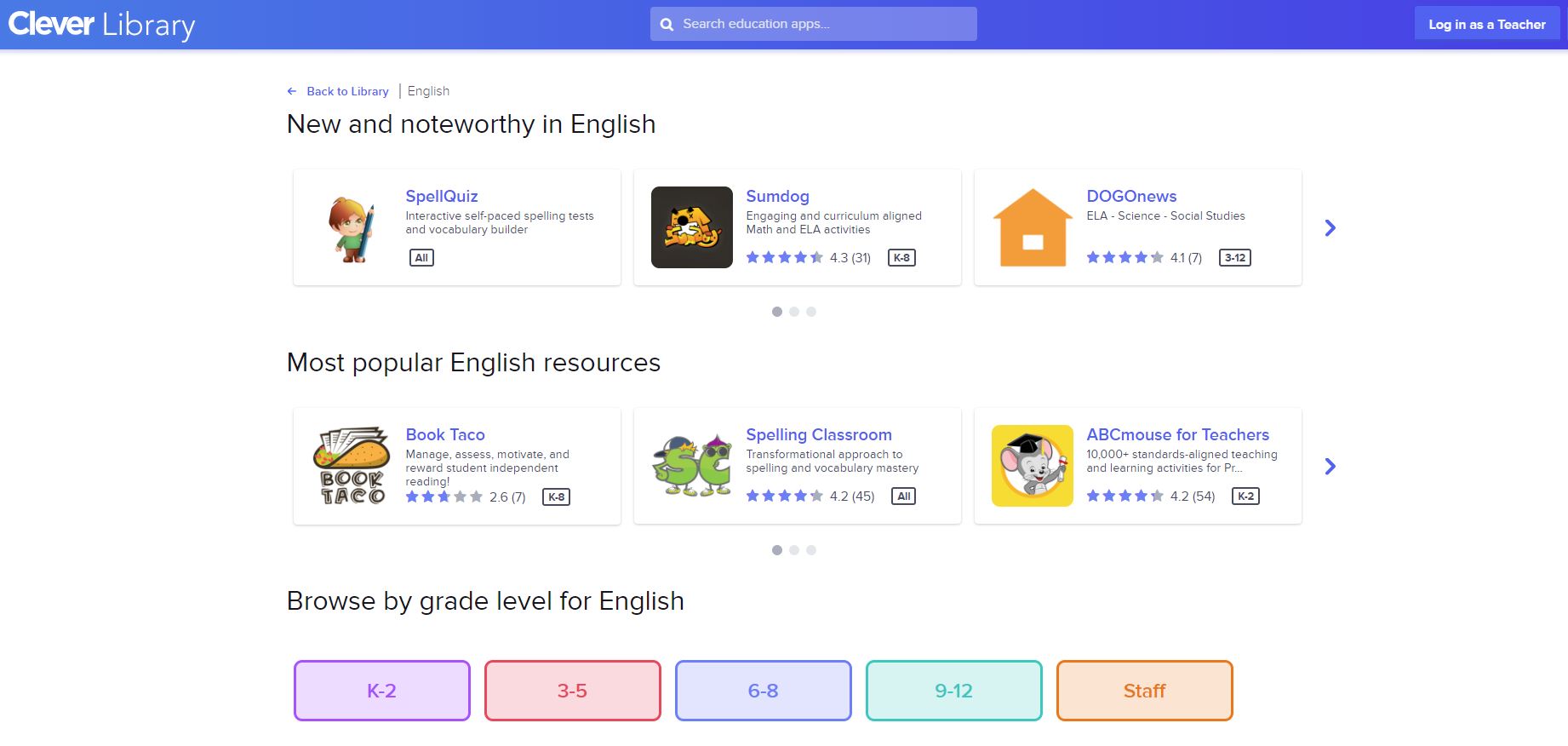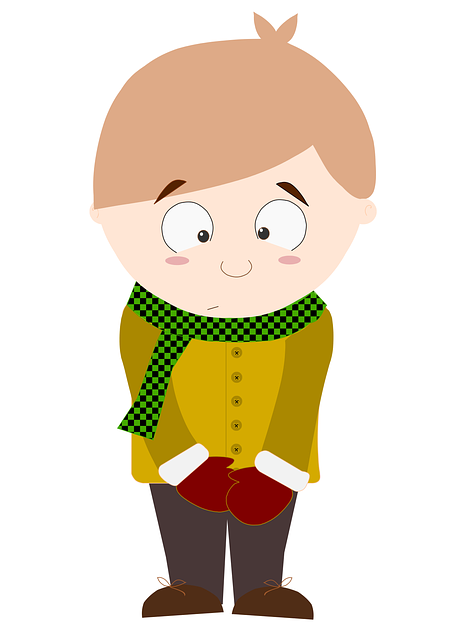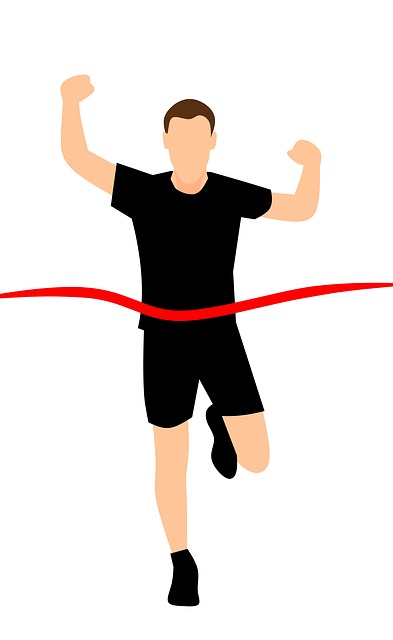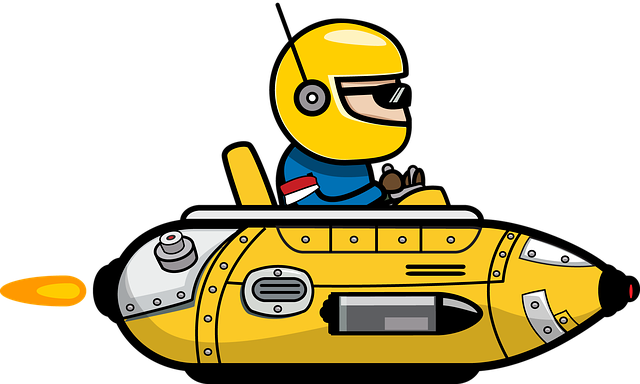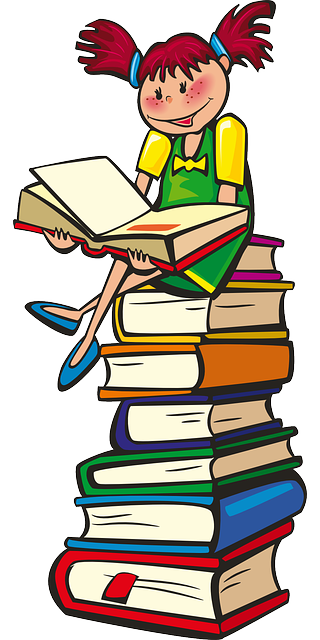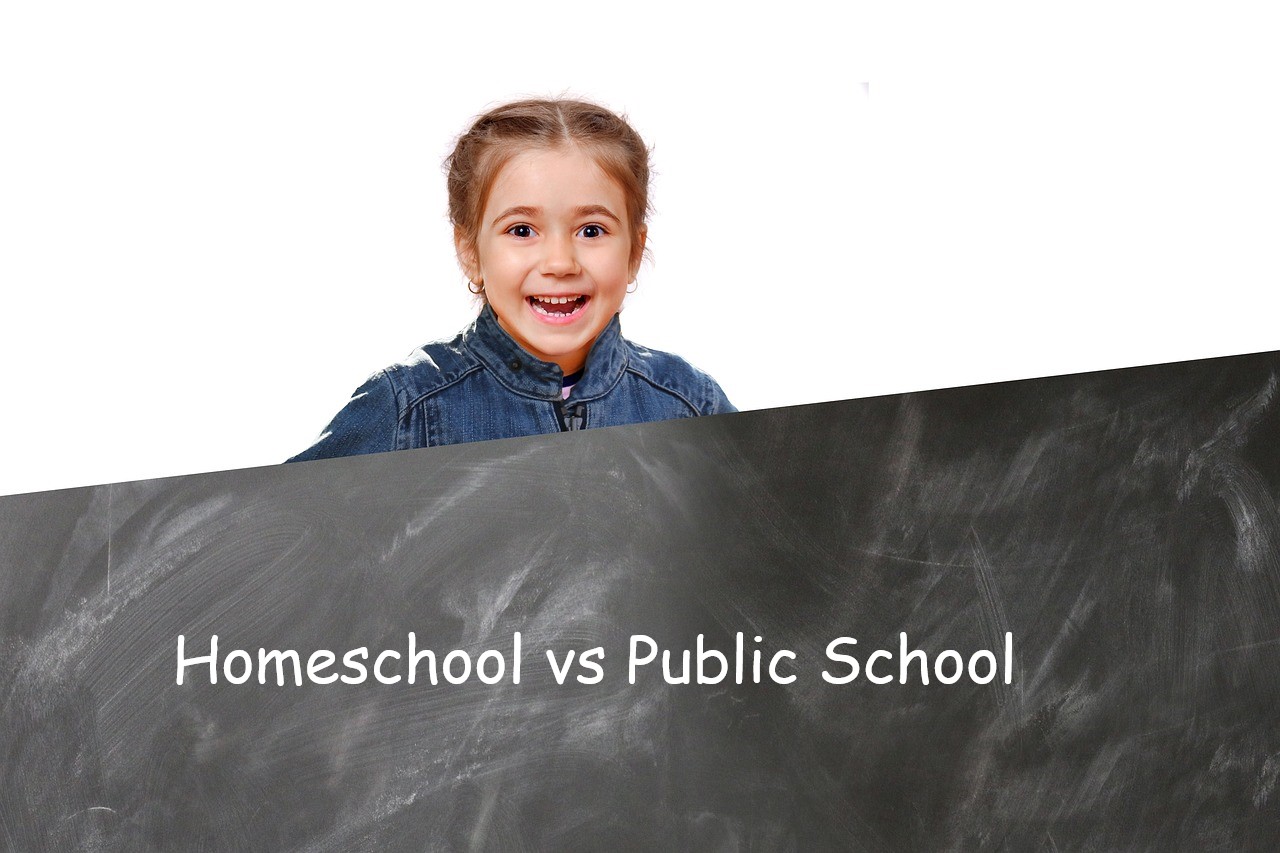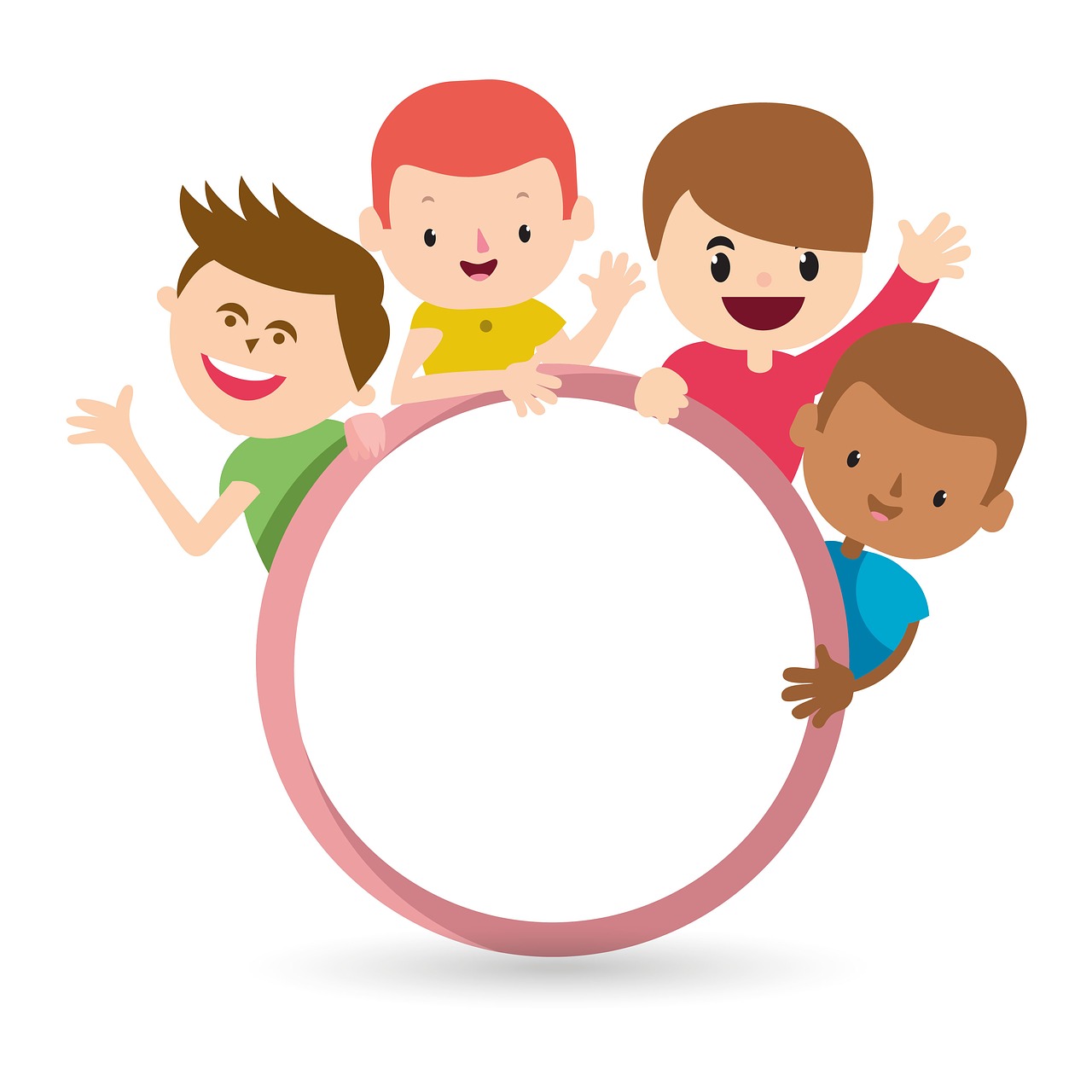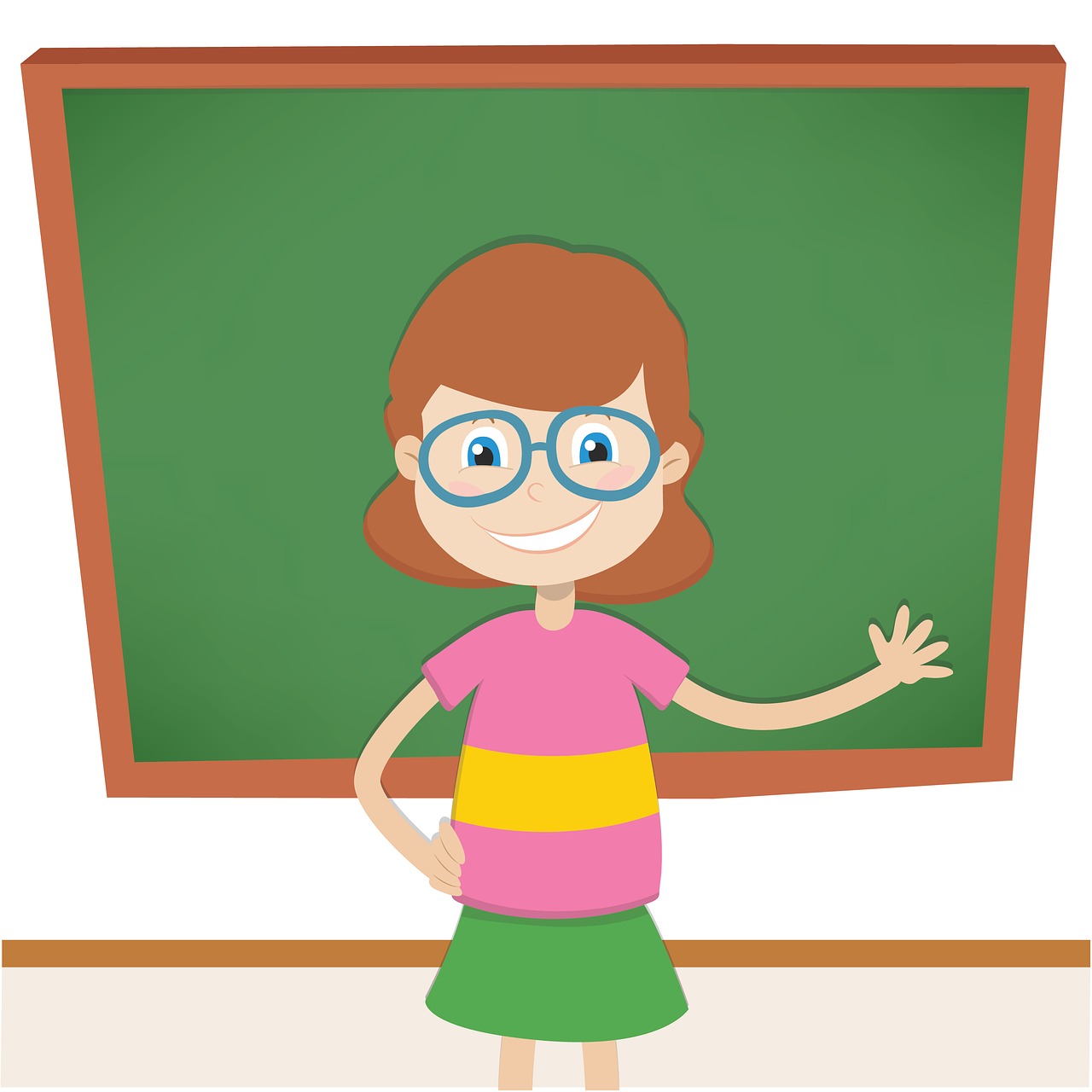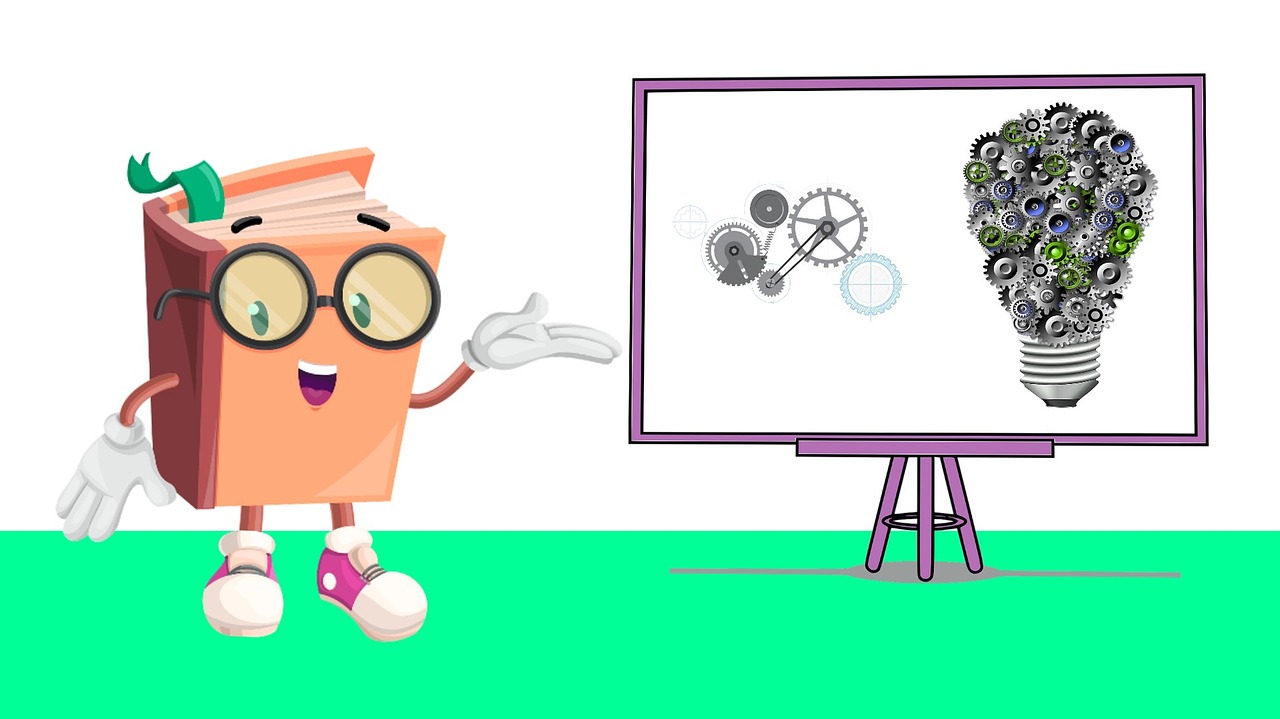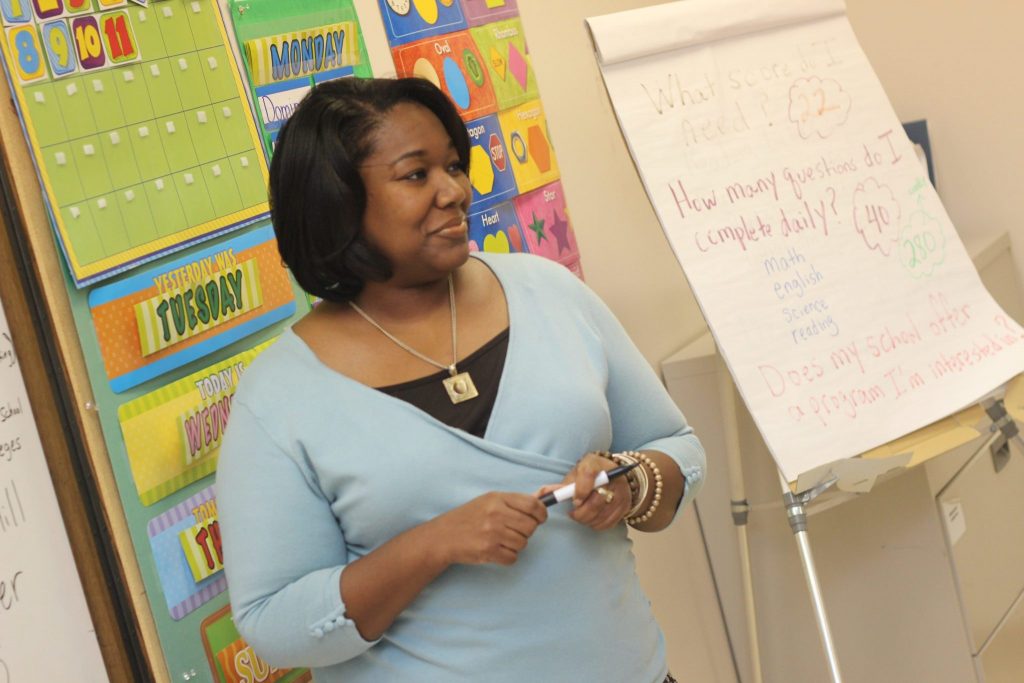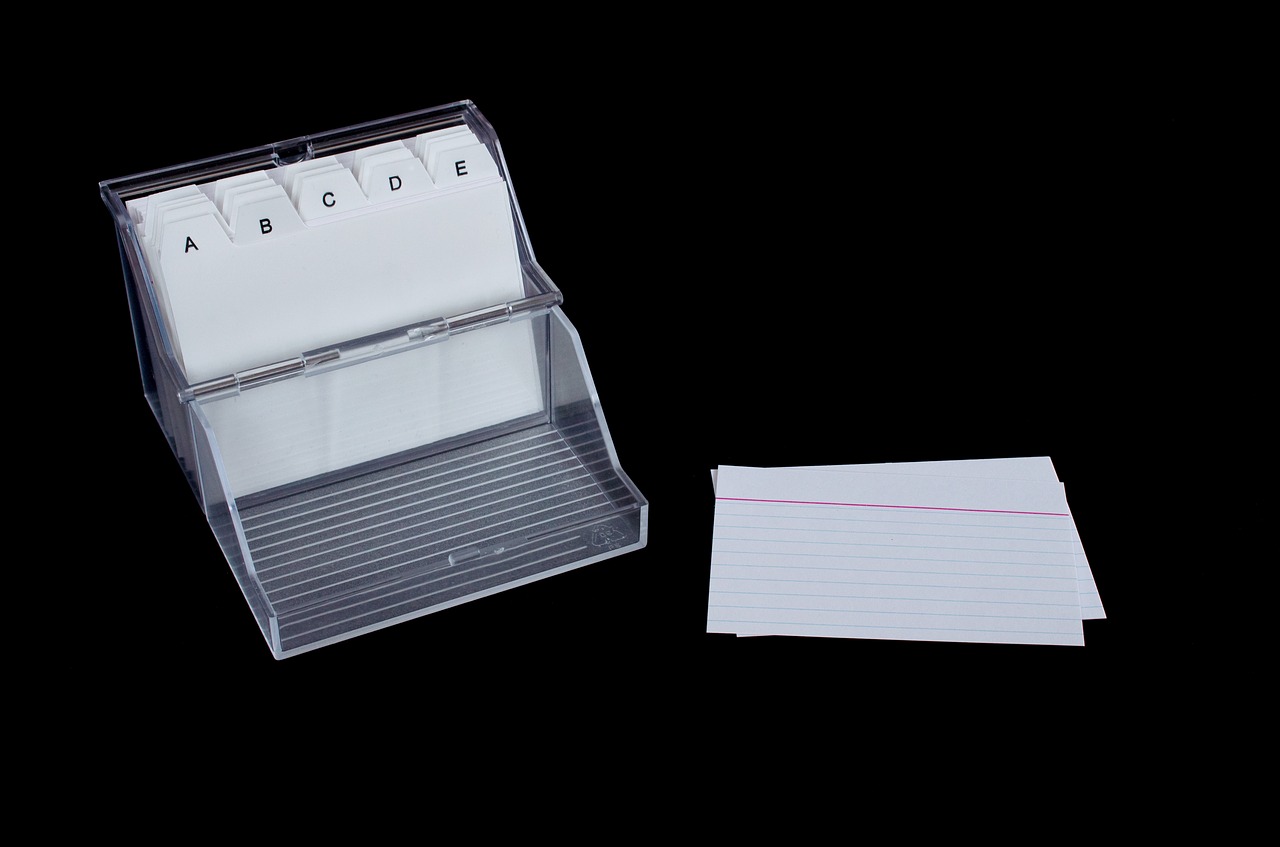A Comprehensive Guide to Everything You Need to Know about Spelling Bees
Regardless of where you are from, you must have heard about spelling bee before. Everyone who speaks English either as their mother tongue or as a foreign language has been asked to spell something before – both in and outside the classroom. At the same time, everyone who speaks English also knows that spelling in English is not the easiest task in the world.
Spelling bees are the most well-known spelling competitions which take place all over the world. Even though they are essentially designed for children, most adults would struggle with some of the words which the lovely young contestants have to deal with in these competitions. Winning a spelling bee is hard, but not impossible.
This competition has a long and interesting history, and there are many tips as to how to be the best at it.
Psst, now you can engage in real-time Online Spelling Bee practice with SBO. Here you can compete with players coming from all corners of the world.
Go on, give it a shot, it’s free and fun.

Our guide contains the answers to all of your questions about spelling bees. You’ll also find information and strategies for how to learn spelling bee words using an English learning system driven by technology and phonetics.
With the Ultimate Spelling Bee Guide, we’ll help you –
- Know the best tools for learning and practicing spelling for spelling bees
- Learn the history of spelling bees and their significance in English learning
- Understand the rules and trends of English spelling bees
- Change the way you learn to spell and speak words by introducing you to new learning techniques with SpellQuiz
- Discover how spelling bees can benefit learning language and literacy
Table of Contents
Part I: Introduction to the History and Dynamics of Spelling Bees
Chapter-1: What is the Definition of a Spelling Bee?
Chapter-2: How Did the Name “Spelling Bee” Originate?
Chapter-3: When Was the First Spelling Bee?
Chapter-4: What are the Rules of a Spelling Bee?
Chapter-5: How Do They Choose the Words?
Chapter-6: How Do You Enter the Spelling Bee Championship?
Chapter-7: What is the Scripps National Spelling Bee?
Chapter-8: What Do You Get if You Win the Spelling Bee?
Chapter-9: Spelling Bees Around the World
Part II: How to Effectively Practice for a Spelling Bee Competition?
Chapter-1: What are the Best Ways to Practice for a Spelling Bee?
Chapter-2: How Do You Use Phonetics to Speak and Pronounce Words Correctly?
Chapter-3: How Can You Teach Your Child to Spell and Read Words with Precision So That They Can Win A Spelling Bee?
Chapter-4: What is School Spelling Bee Study List?
Chapter-5: What is a Spelling Bee Test?
Chapter-6: How Spelling Tests are Different from the Spelling Bee?
Chapter-7: What are the Best Resources for Spelling Bee Training?
Chapter-8: How Can You Make Spelling Bee Practice More Fun?
Chapter-9: What’s the Best Way to remember Long Words for a Spelling Bee?
Chapter-10: Where Could You Find a Spelling Bee Word List to Practice With?
Chapter-11: Prepare Yourself for the 2020 93rd Scripps National Spelling Bee (2020)
Chapter-12: Where to find the latest Spelling Bee Words for the championship?
Part III: Why Spelling Bees Are Important and How Spelling Bees Can Help Children and Young Adults?
Chapter-1: What is the Best Age Group for Spelling Bees?
Chapter-2: What are the Benefits of Entering My Child in a Spelling Bee?
Chapter-3: What Can My Child Take Away from a Spelling Bee?
Chapter-4: Will Spelling Bee Help My Child in the Future?
Final Thoughts
Part 1: Introduction to the History and Dynamics of Spelling Bees
Chapter 1: What is the Definition of a Spelling Bee?
At least one word in the name “Spelling Bee” clearly explains what it is – Spelling. A spelling bee is a competition in which contestants compete in spelling a variety of words in English.
Pretty straightforward, isn’t it?
Basically, participants in spelling bee competitions are asked to spell words of different levels of difficulty. The competition starts at the school level, and every correct, flawlessly spelled word keeps the participants in the competition until they reach the national finale.
The competition originated in the country where it still remains most popular – the United States. Nevertheless, nowadays, it is popularly held all over the world. In the US, the national spelling bee usually takes place once a year in late May or early June, and you can watch it on TV.
Chapter 2: How Did the Name “Spelling Bee” Originate?
Everyone knows what a spelling bee is, but not many people know what its name actually means. After all, it would be a bit bizarre to find a bee that can spell!
The truth is, the “bee” in “spelling bee” remains a mystery for most people. Students usually assume that the bee refers to the insect. This is only logical considering both the modern usage of the word “bee” and that the insect features on the Scripps National Spelling Bee logo.
Is It Actually a Bee – the Industrious Insect?
Generally speaking, today the “bee” in “spelling bee” could be the insect, but that’s not how the world’s most famous English language competition was initially named.
Over the years, the word bee has not only been used to describe the insect but has had many other meanings. Some centuries ago, bee (bean or been) used to refer to a social gathering – a meeting of friends and neighbors where everyone participated in one joint activity, such as sewing, for example.
Usually, such “bee” activities were done with the aim of helping a friend or a family member.
To give an exact Merriam Webster dictionary definition, the Middle English word bene normally meant “voluntary help given by neighbors toward the accomplishment of a particular task.”
That said, it is possible that calling the black and yellow insect “bee” was inspired by the fact that bees and beehives share their social and industrious nature with humans and their gatherings.
The English Linguistics Suggest Otherwise!
Yet, in recent years, linguists made a strong claim against this interesting theory. Instead, they suggested that the word bee derives from the Old English bene or boon which means “a prayer, a favor.”
This explains why bees were activities in which people helped a neighbor or friend in need. How the insect got its name most likely had nothing to do with them.
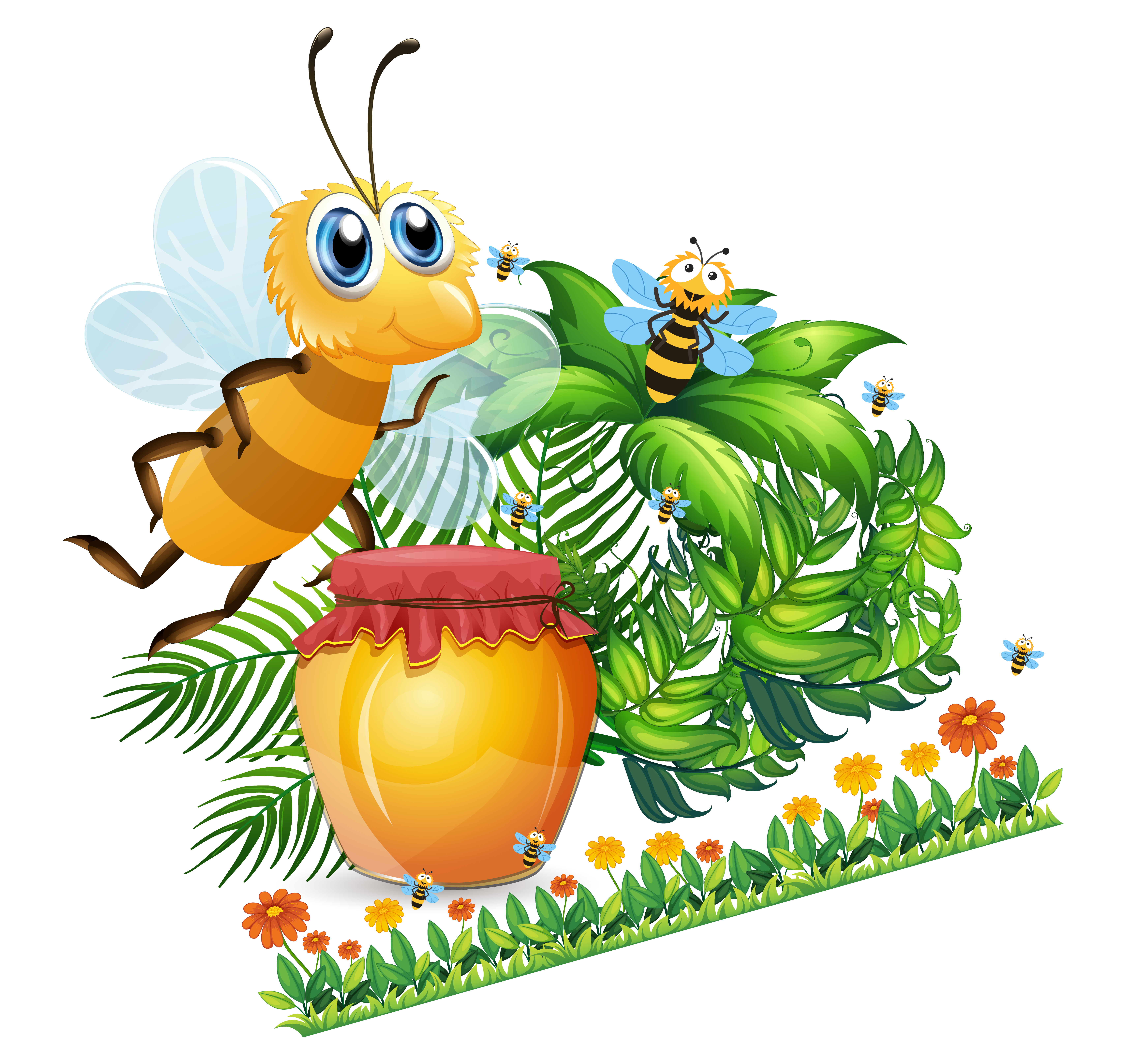
The first time the word bee appeared in print was in 1769, and it was in the context of a “spinning bee.” Later on, expressions such as “husking bee,” “apple bee,” and “logging bee” began to be used.
Was It Always a Spelling Bee?
The official website suggests that the word “spelling bee” was officially created in 1875, but it had probably been used in the spoken language for some years before. What is certain, though, spelling competitions had existed for quite some time before they became known as “spelling bees.”
For instance, spelling bees used to be connected to much more violent words, such as “spelling fight” and “spelling combat.” In print, the competition was addressed as a “spelling match” as early as in 1808. What inspired these “matches” was Noah Webster‘s (the founding father of Merriam-Webster) spelling books, first published in 1786.
These books were part of the elementary school curriculum, so of course, students all over the country enjoyed getting into “spelling combats” for many years before the bee came along.
Evidently, “bee” is a much better choice, because it is short, easy to spell and remember and, most importantly, it has a positive meaning. We, for once, are glad there are no spelling fights on TV these days.
Chapter 3: When Was the First Spelling Bee?
Now that you know what the spelling bee (and the bee) is, you must be wondering who invented this amazing competition.
Although the ideas about “spelling matches” and “spelling books” appeared already in the late 18th century, the first national competition of spelling bee was organized on June 17, 1925, by a newspaper in Louisville, Kentucky called The Courier-Journal.
That’s right; it was a newspaper whom we need to thank for the spelling bee!
Another eight newspapers collaborated with the Courier-Journal to organize the historic first national championship which consolidated several local spelling bees. Since then, the national spelling bee competition has been held every year except from 1943 to 1945 during World War II.
Isn’t that an impressive record?
It All Began in Kentucky!
Going back to the 1925 national spelling bee – where did it take place? Although organized by a paper from Kentucky, the national spelling bee was organized at the National Museum in Washington, D.C. This very first national spelling bee had only nine contestants – six girls and three boys.
Can you imagine, about two million students had participated in school spelling bees?
But it was only the fantastic nine who all got to meet President Calvin Coolidge before the contest began.
The first person to win the first official national spelling bee was an 11-year old boy called Frank Neuhauser. The winning word he spelled correctly was a pretty tough one – “gladiolus.”
For his effort, young Frank received $500 in gold and, of course, the free trip to D.C.
Wait, the Story Gets Better!
When Frank returned to his hometown Louisville, Kentucky, the city even held a parade in his honor. Needless to say, the crowds made sure to bring bouquets of Frank’s new favorite flower – the gladiolus.

This spelling battle took only 90 minutes. Right after Frank came 11-year old Edna Stover from New Jersey. Frank and Edna were competing for the first place, but she misspelled “gladiolus” as “g-l-a-d-y-o-l-o-u-s.” This brought her the second place and $250.
What other words appeared in this first short spelling bee championship? The other seven spellers failed to spell the following words –
- Moribund,
- Valuing,
- Statistician,
- Blackguard,
- Propeller,
- Cosmos, and
- Skittish.
Not so tough, was it?
Would these words make it to today’s national finals? Highly unlikely.
In fact, Mr. Neuhauser himself told the Washington Post he wouldn’t have been able to pass the first round of the spelling bee in 1993.
How Did Spelling Bee Become a Nationwide Phenomenon?
As you probably know, if you can’t attend, you can watch the national spelling bee on TV. But this wasn’t the case with the first national championship.
The NBC live broadcasted the national finals for the first time in 1946. However, even then the NBC did not make it a regular TV show, and the national spelling bee had only been shown twice more in 1974 and 1977 on PBS.
Since 1994, the national spelling bee has been broadcasted on the cable-television channel ESPN, with a short trip to ABC in 2006. We are all grateful for this improvement.
Evidently, the spelling bee has changed drastically since 1925. But the spirit of education, competition, and valuing the brightest young minds in the country and beyond still persist.
Chapter 4: What are the Rules of a Spelling Bee?
What are competitions without rules? There certain preset rules for every stage of the competition. In fact, the rules of a spelling bee change depending on the stage of the competition.
The Preliminaries
Let’s start with the first, preliminary round. Here, contestants are asked to take a written test before they advance to the oral spelling phase. What’s great about the preliminary phase is the spellers won’t necessarily be eliminated if they make a mistake.
That’s a relief, right?
Spellers can get maximum 36 points, but even if they don’t, and yet they find themselves among the 50 highest-scoring contestants, they will reach semi-finals.
So, let’s round that up!
The point distribution system of the preliminary round can be summarized as below –
| Test Name | Points Achievable |
| Written and MCQ exam | 30 |
| Oral test – 1 | 3 |
| Oral test – 2 | 3 |
| Total | 36 |
The written and MCQ test has 26 items which are again classified into four rounds. The point distribution goes as follow,
| Round No. | Round Type | Items to Clear | Points Achievable |
| 1 | Spelling | 12 | 12 |
| 2 | Vocabulary – I | 12 | 12 |
| 3 | Vocabulary – II | 1 | 3 |
| 4 | Vocabulary – III | 1 | 3 |
| Total | 26 | 30 | |
During the afternoon of the oral test, generally, the results are published. It sounds easy, but what is this written test we are talking about?
Well, It’s More than Spelling, That’s for Sure!
Since 2013, spelling bee competitors are also required to memorize (or simply know) the meaning of the word they are asked to spell correctly.
This was a major change for the following reason – if you know the origin of the word and the rules of spelling in foreign languages as well as in English, it might so happen that you simply guess how a given word is spelled without necessarily knowing what it means.
Well, this is no longer the case.
Who is to blame for that? Probably one of the spelling bee’s finalists, Emily Stagg, who in her op-ed in the New York Times back in 2006, suggested that the organizers should make the National Spelling Bee a “definitions bee” for the purposes of education and teaching the spellers some real-world skills.
So, they did!
The Final Battleground
Following from that, all of the qualifying spellers who reach the preliminary round meet in Maryland before the actual live-broadcasted championship takes place.
This is where things get serious!
They are required to take computer-based vocabulary test and spelling tests – and definitions are a part of it. The spelling and vocabulary components carry equal weight, which means that spelling alone is nowhere near enough to be among to the top 50 spellers who will move on to the semifinals.

The semifinals come after additional two rounds of oral spelling. The 50 best spellers will then start Round 4, which consists of multiple-choice vocabulary questions and two rounds of oral spelling. Among them, only 12 will reach the national finale.
What Rules Apply to the Glorious 12?
In the final stage of a spelling bee, the spellers go through different rounds of oral spelling. Each competitor is asked to spell one word in each round within the 2-minute time limit. The clock starts ticking the moment the pronouncer announces the word for the first time.
The logic of the final round is pretty straightforward. Whoever spells their word incorrectly is eliminated from the competition. Whoever manages to spell their word right continues the competition. And the battle goes on and on until there is only one speller left.
There Can’t be Two Winners, Can There?
Sometimes, the first place can be shared, although this rarely happens.
There cannot be more than 25 consecutive rounds where there are only three or fewer spellers. So, if two spellers nail every word for more than 25 rounds, they will eventually have to share the title – and the prize.
But even then, the Tiebreaker Test scores – which are written tests the finalists take before the oral spelling part – will be taken into consideration. The spellers which are eliminated in the same round – say Round 14 – are all tied for the same place.
Would it be possible for all remaining spellers to make mistakes in the same round?
Definitely, and if that’s the case, all the remaining spellers will start a new round and spell in the same order.
This already sounds like a lot of rules. Are there any more?
Hint: the answer is Y-E-S!
In case there are any disagreements about how a particular word is spelled, there is only one supreme authority to consult – the Merriam-Webster Unabridged Dictionary.
This dictionary is the primary source used when the words are chosen and crafted in terms of their definitions and origins. This means that if the dictionary allows for two or more different spellings of the word, then all of them will be accepted by the Scripps.
The Competition Doesn’t Offer Lifelines – Just Some Valuable Helps!
Because people are not dictionaries, spellers are not left completely without any assistance. Before spelling their words, contestants are allowed to ask several types of questions to the pronouncer.

Beyond “Could you repeat the word, please?” the speller can request that the pronouncer gives them a definition of the word, put it in a sentence, explain the word origin or any alternate pronunciations, and tell them what part of speech it belongs to.
If the pronouncer wants to be especially nice and helpful, they can, without any requests, offer word information that otherwise appears in the dictionary or the Scripps National Spelling Bee word list.
Be Careful; the Judges are Watching Over!
When it comes to judges, their role is to listen, make sure the rules are respected, and make a final say regarding whether or not words are spelled correctly.
On that note, what is the proper way to spell a word? If your word is “super,” spell it and then repeat it: S-U-P-E-R, super. That would be the ideal way to earn your points, although the judges must not disqualify you if you forget to repeat the word.
Once you say a letter, it is done, you cannot correct yourself.
It is against the Scripps rules to say “S-U-P-I” followed by “S-U-P-E-R.” You also cannot say any “nonsense” sounds or utter unintelligibly, as both of those would result in disqualification.
What you can do if you get confused is stop in the middle – having made no mistakes – and start over.
Hold on to the Mic, It’s Vital!
Finally, another rule of disqualification to be mindful of is that any speller who does not approach the microphone when it is their turn to receive a word will also have to say goodbye to the championship.
It would, therefore, be wise to practice holding a mic during your training for the championship.
There is no other way to put it – spelling bees are hard, period!
Still, these minor rules are easy to remember, so as long as you are confident about your spelling, you shouldn’t worry about breaking the rules by accident and being disqualified.
Chapter 5: How Do They Choose the Words?
Appoggiatura, chiaroscurist, knaidel… Where do these words come from?
We know that, at least in the final stages of a spelling bee competition, contestants can expect to be asked to spell any word in the English language. Still, the evolution of the words the spellers are being asked to spell has been studied so that certain patterns can be observed.
We already said little Frank Neuhauser won the first national spelling bee by getting the word “gladiolus” right in 1925.
But things are not that easy these days.
But as the New York Times correctly pointed out, “gladiolus” is merely “a cakewalk” when compared to the words spelling bee contestants are expected to know these days.
The evolution was slow, but it surely did make life harder for all the young spellers trying to make it these days.
While in 1970 Libby Childress from North Carolina spelled “croissant” and won the championship, in 2016, the winning word was “Gesellschaft,” a word very few adults who are not sociologists would know the meaning of.
Who Finds These Words?
So, how do these words get selected from the endless pool of English words and those we’ve recently (or not so recently) borrowed from people and cultures from all over the world?
Contrary to a logical explanation, the organizers don’t simply google “the world’s most difficult words” the day before the competition. The Scripps National Spelling Bee is an establishment, and like in all institutions, there are committees.
That’s right, the sufferings of young spellers depend on a committee of twelve people who are in charge of making a list of 1,000 words for the upcoming championship.
These 1,000 words are then rated by their level of difficulty, length, and etymological roots in the attempt to balance difficult words such as “Gesellschaft” with others, better-known ones.
Basically, it is up to these twelve people to determine the faith of the spellers from all over the United States. But there some hints as to what the spellers can expect.
Knowing the Modern English Words is not Enough These Days
A recent research shows that most words asked at the Scripps National Spelling Bee in the past couple of decades originated from Latin and that these were closely followed by Middle English and French words.
In the past several years, those originating from German seem to have taken over. In any case, while it is impossible to know which foreign language the winning word is going to come from.
It is almost safe to assume it will come from one, as the most complicated words like “stichomythia” (the winning word of 2014) and “cymotrichous” (the winning word of 2011) tend to.
It isn’t really openly talked about how the members of the committee make recommendations for the final list of 1,000. Although, a couple of sources appeared revealing the selection process.
Most notably, lovers of the national spelling bee should take a look at James Maguire’s American Bee.
Choosing the Words is a Daunting Task – Give the Committee Some Credits!
It’s been suggested that the committee members spend the summer before the national championship simply reading and listening for any new interesting words.
Yes, it takes a whole summer!
After that, they meet for two days to discuss their lists and come up with a rough draft of the ultimate word list. That said, at the end of the day, the words tend to be chosen from newspaper articles and books the committee members read.
Some Tips for the Eager Participants
Here’s a special tip – shopping catalogs could be one of the main sources the committee members use to detect arcane words. What’s more, the members could be inspired to choose some of the more “fashionable words” that often appear in the papers that particular year.
While we are not certain whether this ritual is out-of-date or not, it is definitely worth spending some time on newspapers and listening to the radio to prepare for the spelling bee.

Needless to say, it is unlikely but not impossible for a word to reappear in the championship.
After 90 years of competition, the committee cannot keep track of all the words which came up on a spelling bee. Going through any comprehensive list of past spelling bee words could be good practice.
In this section, we tried to give some hints about how certain words end up in a spelling bee, and others don’t. But overall, you should know that the selection process remains a big mystery to date.
Chapter 6: How Do You Enter the Spelling Bee Championship?
Each year, millions of children take part in different spelling bee competitions around the country and abroad. Yet, only a few of them end up on national TV.
How do they do that?
There are two major steps to getting to the national spelling bee championship:
- First, you need to start low and win your school spelling bee.
- Second, you must then qualify to represent your school at a regional spelling bee and, of course, win it.
As if these two steps alone are not hard enough to accomplish, there is a number of other eligibility criteria that all aspiring spellers must take into consideration.
First things first. Not any school spelling bee contest will qualify you for the championship. Your school must be enrolled in the Scripps program and determined to send a student to the official regional spelling bee.
So, when should you enroll?
Each year, the pre-enrollment period usually starts on August 1, nearly ten months before the annual championship takes place, and it extends all the way to mid-December.
That being said, even if your school doesn’t participate in the Scripps spelling bee program, students and parents have a lot of time to convince the administration to give it a try.
Okay, School-Champ, It is Time to Beat the Regional Competition!
Once that is done, the winner of the school competition advances to the regionals. A regional spelling bee typically includes several counties, and sometimes even an entire state.
Not all the rules of the national competition apply to regional competitions. So, the organizers have some flexibility as to how they choose their representative.
What’s special about these regional-level competitions?
It is a must for them to have sponsors, usually local newspapers. They host the competition and send the winner to Maryland for the championship.
There are over 280 sponsors at the moment, meaning that there are over 280 regional competitions and winners who qualify for the national championship.
Is there any way, kids from schools which do not participate in the official Scripps program can end up in Maryland?
Technically, yes!
Self-sponsored spelling champions are free to send their application to the Scripps National Spelling Bee and hope to get an approval.
But remember, this small exception to the rules and regulations is especially useful for children who are homeschooled or live in very rural areas.
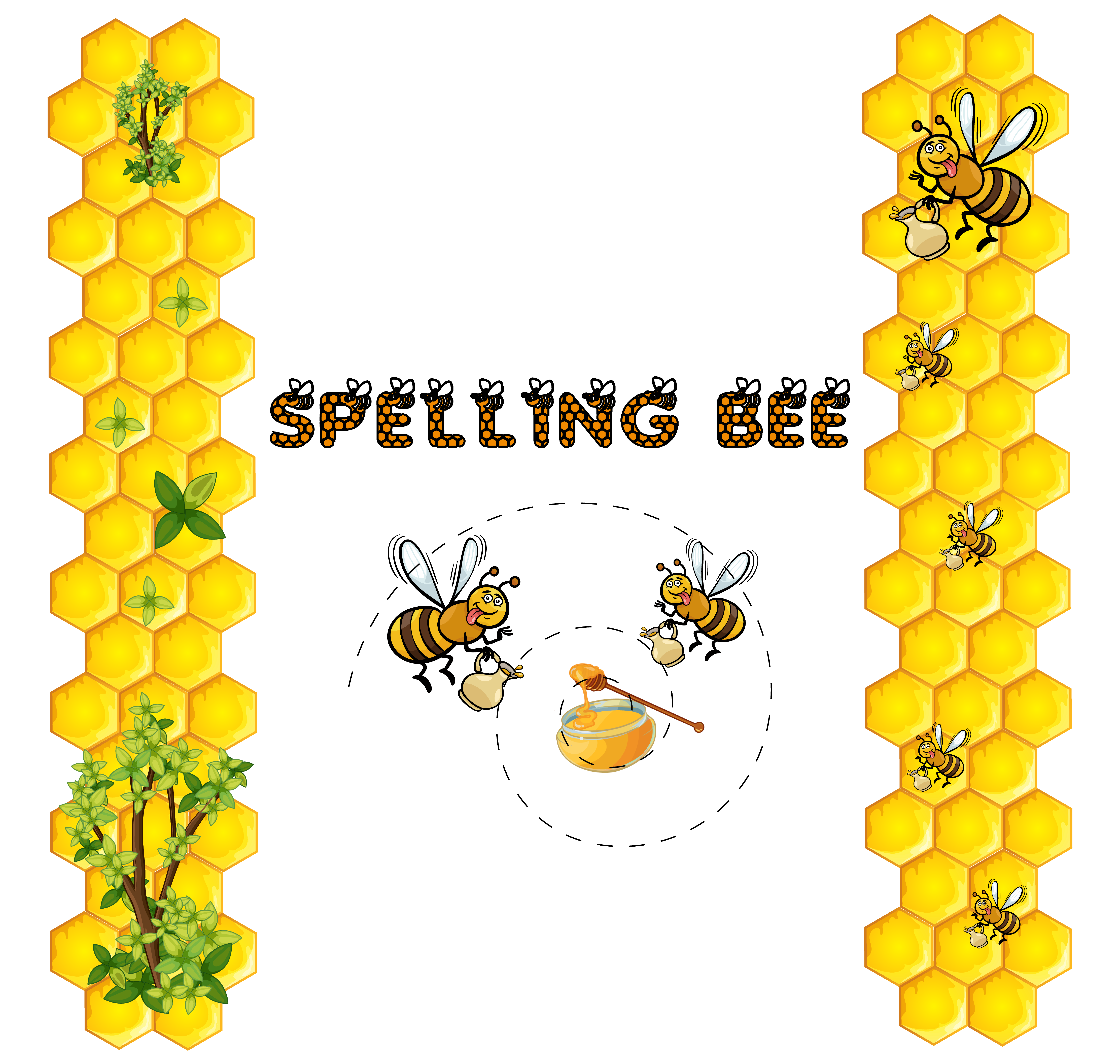
The National – the Dreamland for the Competitors!
It is also important that you fulfill these two criteria on the road to the national championship in the same year. You must enter the regional and the national competition immediately after you win the school competition.
More precisely, only the spellers who are declared champions of a local spelling bee in the same year when the national competition takes place can compete.
Age is NOT Just a Number!
The Scripps Bee also limits who can qualify for the national championship based on age and grade.
Only students enrolled in the eighth grade or below as of the year when the Scripps championship takes place can advance to the finals. The winners of any high school spelling bee, unfortunately, cannot run for the grand prize.
Because students (and their parents) go crazy about the spelling bee, Scripps has made it one of the eligibility rules that the speller must not repeat a grade in order to extend their spelling bee eligibility.
That means you can’t stay in grade eight until you’re 18 hoping to win the national spelling bee.
In fact, the maximum age is 15!
Skipped School? Bad Luck to You to Then!
Relating to that, skipping school to get to the spelling bee championship won’t do any good either. The Bee will check whether the applicants continue to follow “normal school activity” throughout the preparation period for the championship.
Here, Latin, Ancient Greek, Modern Greek, and English Literature do not qualify as “normal school activity,” but any four or more courses which are not languages and spelling taken for at least four hours per day will suffice.
Can’t Have Family Members Working for the Scripps Company
Another important thing to note is – if your parent, sibling or even a first cousin works for the E.W. Scripps Company – tough luck.
The Bee does not allow any relatives of the Scripps’ employees to be considered for the national spelling bee.
Yes, it’s really sad if you fall into this category!
The only way this could change is to politely ask your relative to find a new job.
Say Yes to Bureaucracy!
Finally, there is some level of bureaucracy to the national spelling bee, too.
Once a speller qualifies for the championship, he or she must register online by filling in a completed online Champion Registration form.
There is a number of other statements, certificates, and agreements that need to be signed and sent before the qualifying speller can head towards Maryland for the preliminaries.
As we said, there is a number of small things that a speller must comply with in order to get to all the way to the national spelling bee.
Still, the two most difficult tasks are winning the school spelling bee and winning the regional bee. After those two tasks are completed, all other requirements will be a piece of cake.
Best of luck!
Chapter 7: What is the Scripps National Spelling Bee?
Most of the time, you will hear that the national spelling bee competition is referred to as “the Scripps spelling bee.”
Why is that?
The Scripps National Spelling Bee is, in fact, the United States National Spelling Bee competition.
The E.W. Scripps Company became the sponsor of the National Spelling Bee in 1941, so the name of the national competition was subsequently changed.
In the past several years, the annual competition has been held at the Gaylord National Resort & Convention Center hotel in Oxon Hill, Maryland, near Washington, D.C.
That means that all the best spellers from the country and beyond get to stay there for a few days.
Spelling bee competitors of the Scripps National Spelling Bee are not only Americans. They come from all 50 states of the U.S., as well as from Canada, the Bahamas, Jamaica, Puerto Rico, Guam, the U.S. Virgin Islands, New Zealand, and some European countries.
In fact, it is quite an international event, which makes it even greater.
Chapter 8: What Do You Get if You Win the Spelling Bee?
The one lucky (and, of course, hard-working) speller who wins the national spelling bee championship is in for a treat.
The winners are rewarded with a myriad of prizes. Obviously, the chance to become an international celebrity and achievement of immense glory comes along.
The main prize given to the winner amounts to the incredibly $40,000 in cash, an engraved cup trophy, and a number of other awards.
So, what are these other awards?
The winner also gets –
- A $2,500-worth savings bond,
- $2,600 in reference works,
- A reference library from Merriam-Webster,
- A life-long membership to Encyclopedia Britannica Online Premium portal,
- An additional $5,000 cash prize from the Sigma Phi Epsilon Educational Foundation,
- An online course, and
- A Nook e-Reader from K12 Inc.
It sounds like the winner is ready for college!
Because getting all the way to the national spelling bee is such a great success anyway, there are some prizes for those who don’t manage to win.
All other spellers receive Webster’s dictionary, $100 in U.S. savings bond, a technological gadget, and a cash prize from Scripps.
The prize is determined based on how far into the competition the contestant managed to reach. For instance, the second-place speller receives $12,500, which is still pretty great.

Chapter 9: Spelling Bees Around the World
Spelling bee competitions have become popular around the world. Most English teachers organize mini spelling bees for their students at some stage.
On top of that, spelling bees are also organized at a more serious, national or even continental level in some parts of the world. It’s not just the most popular educational competition in the US but throughout the whole world.
So, how the competition is faring in the world?
African Spelling Bee
Several African countries run their own spelling bees at the national level.
What’s incredible is that these spelling bees are not only in English but also in local languages and sign languages.
For example, in the country Uganda, the national spelling bee celebrates the competition in 10 different languages (8 of them are native or local languages) including English and in sign languages.
Wait, there’s more!
The annual African Spelling Bee which gathers children between 6 and 16 years of age from all over the continent. These countries take part in the African Spelling Bee –
- Botswana
- Uganda
- Nigeria
- South Africa
- Kenya
- Zimbabwe
- Ethiopia
- Malawi
- Lesotho
- Rwanda
The Annual Asian Spelling Cup
Asian countries follow a similar path. One of the spelling bee competitions organized all over the Asian continent is MaRRS International Spelling Bee, and it is extra challenging.
The contest is mainly held in –
- India
- UAE
In many cities in Asia, to win a spelling bee, competitors must know not only the correct spelling of words but also their use in sentences and different contexts.
Furthermore, they are being tested on both antonyms and synonyms of the chosen word.
You guessed right; there is even more!
Since 2012, participants are also requested to know some information about the etymology of the word.

Apart from that, different Asian countries have their own version of spelling bee –
- Bahrain – Spellbound Bahrain
- Malaysia – National Spell-it-Right Challenge
- Taiwan – National Spelling Bee Championship
- Bangladesh – The Daily Star Spelling Bee
- Kuwait – Kuwaiti Spelling Bee
- Nepal – Spelling Bee-Nepal
- Pakistan – Dawn in Education National Spelling Bee
- UAE – The Abu Dhabi University Spelling Bee
The Times Spelling Bee – The United Kingdom
In the United Kingdom, spelling bees are nearly as old as they are in the United States.
In the past decade, they have been organized by The Times newspaper under the name “The Times Spelling Bee.”
The competition starts at the local level. The winner of each round moves on to the next level until they eventually participate in a regional spelling bee.
Finally, a national competition is organized each year, bringing together children from all parts of the country.
Canspell National Spelling Bee – Canada
Canspell National Spelling Bee is the only spelling bee that has a direct affiliation with the E.W. Scripps Company. It even has the similar sets of rules like the Scripps National Spelling Bee.
Although, you shouldn’t confuse this one with another competition – Spelling Bee of Canada. They both are different and organized by different organizers.
Part II: How to Effectively Practice for a Spelling Bee Competition?
Chapter 1: What are the Best Ways to Practice for a Spelling Bee?
You’ve decided you want to take part in a spelling bee, you’ve signed up and informed your friends and family.
The only thing you need to do now is – practice.
This is where all the fun begins.
Preparing for a spelling bee requires diligence, persistence, and ambition. That is the only way forward to winning a spelling bee.
However, it would be hard to say there is only one best way to practice for a spelling bee. Each speller finds different methods to stay engaged and motivated, and learn new words with ease.
That being said, of course, there are a few necessary steps that no serious speller should skip.
Start with the Basics
The first step to being ready for a spelling bee is, obviously, to make sure you know the basics of spelling.
Although there will always be exceptions, it is important to know the rules that are embedded in English grammar.
Just to give you a couple of quick examples, at the very beginning of your training, you should know that the “f” changes to “v” before “es” when a singular noun turns into the plural.
So, you can never have three “leafs,” but you could have four “leaves.”
Similarly, many children make mistakes when they are asked to add something to a word that ends in “e.”
You should go through all different examples and situations to know when the final “e” stays in the word and when it is magically lost, like in the case of “argue” and “argument.”

Silent Letters or Silent Killers?!
The next step would be to discuss more advanced structures such as silent letters. These are the letters that are present in spelling but not in pronunciation, so it can be very easy for the contestant to omit them.
Things could be confusing for the children at the beginning.
Always give them examples.
Some classic silent letters are “b” in words like “lamb” or “comb,” and “p” in foreign-origin words like “psychology” and “psalm.”
Again, Another Basic – Create Your Own Spelling Bee Word Lists
Now that this is done, you might want to move on to spelling bee word lists. Long lists of words you should know how to spell can serve as a great starting point.
Even at a later stage of the competition, you might want to continue with word lists unless you are ready to read the entire dictionary!
Yes, they read the whole dictionary, we didn’t believe either.
Schools which participate in the Scripps National Spelling Bee contest provide the competitors with such spelling bee lists.
Don’t forget the online sources – some have great collections.
Create a Friendship with a Dictionary
On that note, you do still want to get your own copy of the Merriam Webster Unabridged dictionary, since this is the official dictionary used by the Scripps National Spelling Bee.
This means that the only correct spelling of a word is the one which is in that dictionary.
Remember, word lists are study guides and not the ultimate spelling bee material. Memorizing all the words from a word list will not guarantee victory.
For this reason, there are several steps you need to take to ensure that you have such a solid understanding of spelling rules, patterns, and history in the English language that nearly no word can surprise you.
Where Does That Word Come From?
Following from that, it is crucial that you study etymology or the origins of words.
This is where things get really interesting since the English language has been influenced by many foreign languages. This means that sometimes the spelling of the word will not comply with the rules of English grammar and pronunciation.
Yet, with time, you will start to notice certain patterns.
To be more precise, many words which come from the same foreign language have the same root, so studying etymology can really help you be able to spell a word even if you are not sure what it means.
For example, words such as television, telegraph, and telephone all have the same root “tele-” (from telekinesis) and they are all devices operated from a distance.
For this reason, it is advisable to explore words based on the language grouping they belong to.
By doing so, you will discover that, for example, German words tend to end with “z“s more than other words. You will be able to assume that words such as “glitz” or “waltz” originate from the German language and apply any corresponding spelling rules.
You might also discover that words which originate from Greek might come with a silent “p” in the “p+s” combo, like “psychology” or “psychic.”
All of these small revelations will help you build strong spelling skills.
Accents – Do They Matter?
Now, we can’t really answer that question. When it comes to accents, it doesn’t matter what kind of accent you have to be good at spelling.
It does, however, matter how the word you will be asked to spell is going to be pronounced.
The pronouncer is going to pronounce each word the way they are meant to be pronounced according to the dictionary.
To be on the safe side, it is useful to learn about diacritics. These are small symbols found above words in the dictionary that tell you how and where to put an accent on a word.
Trace, Copy, and Remember!
Now that you’ve understood all that, what is the best way to remember the words you practice?
There are different strategies you can apply to make it easier to remember how certain words are spelled.
One such strategy is making a Trace, Copy, and Remember guide.
It’s a fun and simple method – the only thing you need to do is create three separate columns.
- The “trace” column contains all the words that you still need to learn.
- In the “copy” column, you can write your trace words as many times as you want by looking at them in the trace column.
- However, in the “remember” column, you should be able to write the same trace words without any help. Do it several times, and you are bound to succeed.
Obviously, there is a great number of resources you can use to practice for a spelling bee.
Each year, Scripps publishes new school bee materials for the year, including study lists. These lists will certainly prepare you for the first level of the competition, but to win the national one, you will have to go beyond them.
In addition, there are many word spelling games available online.
Some of them even allow you to make your own set of words so that you can practice the most difficult words only.
Finally, you can always ask your family members and friends to help you practice. Ask them to make a list of words for you and have you spell them out loud.
Also, to be completely honest, you will have to accept that some words you simply have to learn by heart.
Words of Wisdom – Listen to What the Winners Have to Say
How did some of the past Scripps National Spelling Bee champions prepare for taking over the throne?
The 2004 spelling bee winner David Tidmarsh read all 450,000 words in the Merriam-Webster dictionary!
The 2006 spelling bee champion, Kerry Close, suggested being persistent and taking small steps first – and by small, she meant 50 new words each day – is the key.
Snigdha Nandipati, who won the championship in 2012, started preparing when she was only four years old. She also studied with 30,000 different flashcards with some of the trickiest words.
Arvind Mahankali, who won in 2013, was determined not to be eliminated on a German origin word like the year before, so he studied the German language spelling patterns. It paid off as the winning word was “knaidel.”
Similarly, you should look up to the tips the winners have shared for the future participants.
Last but not Least
Maybe you don’t have to read the entire dictionary like David!
However, it is wise to skim through it every now and then, pick several pages and see how well you would do if any of those words were picked by the pronouncer.
When you read other material, even if it is for your science class or for pleasure, always look up words which are new or you are not sure what they mean and how you would use them.
They are going to stick around in your head because you will remember in what specific context they appeared.
Lastly, all these tips are important, but that doesn’t mean you can’t invent the new best way of winning a spelling bee!
Chapter 2: How Do You Use Phonetics to Speak and Pronounce Words Correctly?
Knowing how to spell a word in English won’t necessarily instruct you how to pronounce it.
It’s trickier, obviously!
English is not the simplest language when it comes to pronunciation, considering that some letters have more than one sound, while others are not pronounced at all.
This can create a lot of problems for spellers because they might confuse what they hear with a completely different word they know how to spell but cannot pronounce correctly.
For example, hearing /ləʊ/ and spelling L-A-W is not going to work.
This is because written English is based on a phonetic alphabet.
Learn the Alphabet, No, Not the Regular One – the Phonetic Alphabet!
When compared with the regular alphabet, phonetic alphabet consists of many more symbols. In fact, there are 12 vowel sounds, 8 diphthongs, and 24 consonant sounds.
Phonetics, the study of speech sounds, is therefore absolutely crucial in your preparation for a spelling bee.
This article tried to signify the importance of phonemic symbols in teaching pronunciation.
Every speech sound has a symbol or symbols which are called phonetic transcriptions. Vowels, for instance, can be long or short, which you can learn based on the length mark “:”.
For example, the word “sheep” has a long /i:/ vowel, while the word ship has a short /i/ vowel.
Seeing how the two words are written using the phonetic alphabet makes that much clearer than by simply memorizing how to spell the words.
Even the NATO phonetic alphabet can help you in many cases if you are practicing for the competition.
Next, a diphthong is a union of two vowels which occur in the same syllable and make a unique vowel sound.
For instance, the /ai/ in “eye” is a diphthong.
In addition, the 24 consonant sounds are usually marked with one phonetic symbol, such as /z/ in “zoo.”
Study of Phonetics + Regular Spelling Bee Study Plan = SUCCESS!
If you incorporate the study of Phonetics into your spelling bee study plan from the very beginning, this can significantly improve your spelling ability throughout your life.
In fact, children who learn to read with the help of phonetics grow to read more accurately than those who resort to other methods.
So, what is the best way to do it?
First and foremost, you need to learn all the phonetic symbols.
At the same time, such knowledge must be accompanied by your understanding of different sounds in the spoken language. More precisely, at the very beginning, try to connect a sound in spoken English with a phonetic symbol.
Slowly, you will be able to form complete words with phonetic symbols only – kind of like having secret language skills!
Of course, like with everything in English, there will be some irregular or unexpected spellings, but English is still based on the phonetic code, so it is absolutely necessary to master it.
Once you have completed these first steps, you should identify any phonetic weakness you might have such as, for instance, the diphthongs, and work on it in isolation for a while.
In your later practice, when you are learning how to spell a particular word, always try to also write down its phonetic symbols.
This will allow you to truly understand – and not merely memorize – the composition of the word and its phonetic nature.
Trust us when we say this will make it much harder to misspell the word!
It will also help you lots with words which are written in the same way but have different pronunciation, or those which are spelled differently but sound the same, like whales and Wales!
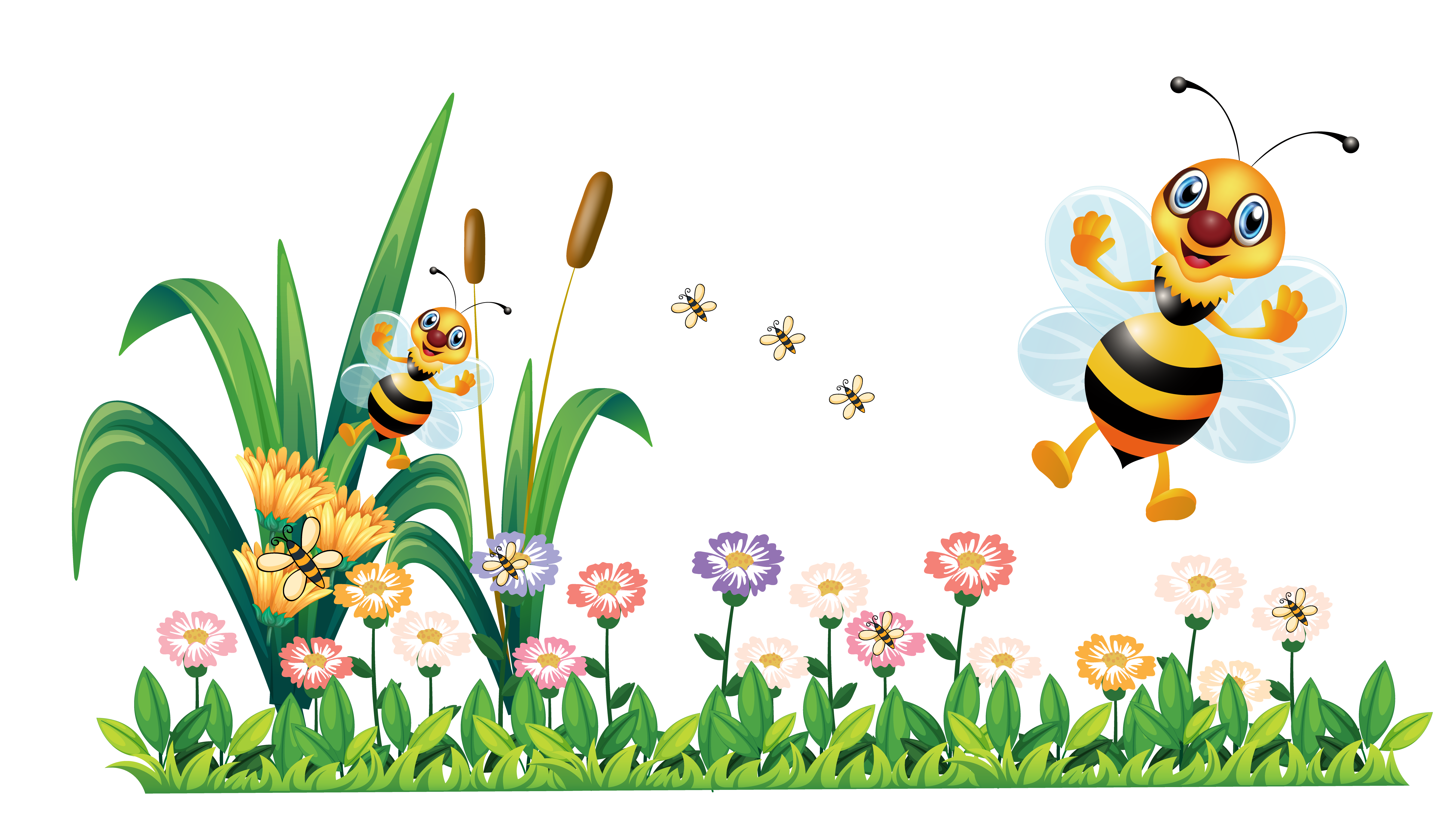
Take a Closer Look; There is a Pattern!
Essentially, once you’ve learned the rules of phonetic transcription, you won’t even need to search for audio recordings of people or ask family members to pronounce a specific word you’re struggling with.
The laws of phonetics and a good dictionary are basically all you’ll ever need!
You will discover that there are spelling patterns that you can learn and use comfortably in your practice. Even when you learn a new word for the first time, link “bun” you guess that it will follow the same rule of phonetics – and spelling – like “fun”.
However, you will also find that there are some tricky or surprising spellings on your spelling bee list, although these tend to be pretty well-known so that you can memorize them in one day.
Consider, for example, a common word “again” /əˈɡɛn/ and how its spelling differs from “gain” /ɡeɪn/ or “stain” /steɪn/.
There isn’t much you can do about such words but identify them early on in your training and memorize them if they can’t be broken down into any patterns.
And remember – phonetics is an absolute must when it comes to improving your spelling and reading skills! You should try going through various spelling list online.
Chapter 3: How Can You Teach Your Child to Spell and Read Words with Precision So That They Can Win A Spelling Bee?
Winning the title of the Scripps National Spelling Bee is not a piece of cake. It takes years of constant practice, exceptional mental stamina, and sheer will to succeed.
Moreover, you cannot make anyone practice for such a daunting task. One has to feel the connection, the passion for spelling and has to love learning new words.
It would be foolish to compare the spelling bee to a regular spelling test on the schools.
So, how should you teach your kid to achieve that level of precision to win the title?
You should look into the stories of the winners from recent years. They can give you so much insight and better than anyone.
Let’s consider the story of Sameer Mishra in this case – the winner of 2008 Scripps National Spelling Bee.
He won the title when he was thirteen. However, his practice sessions started when he was just six or seven years old!
That means, to achieve it, he had to work hard relentlessly for about seven years!
Is it only the fruit of seer hard-work?
Well, you have to be technical and smart about it. So, in this case, it’s not about working hard or working smart, it’s about working both hard and smart!
Mishra himself believes that it has a lot to do with pattern creation and recognition.
He believes, “It’s pattern-building, a lot of really good spellers are really good at patterns.”
Still confused?
Let’s get to the root of the situation here.
What Does the Science Say?
When you are older, you will naturally adopt words, even complicated ones. It is quite natural, with age, you will broaden up your vocabulary.
But things are not simple for the young spelling bee contestants.
They have to have a stronger cognitive capability, to be more precise – orthographic long-term memory and orthographic working memory.
Brenda Rapp, a professor at Johns Hopkins University, cleared this idea in simpler words. She explained that the knowledge of spelling is stored in our brain as an orthographic long-term memory.
So, we remember all the common words like day, night, sing, dance, etc. with the help of the orthographic long-term memories.
But things work differently for the odd words like Gesellschaft, Scherenschnitte, or Stichomythia – words loved by the spelling bee committee.
This is where orthographic working memory comes into play.
We can remember such memory as we have unconsciously related it something relatable and easy to remember. Take the word “Yacht” for example.
The pronunciation suggests that spelling should be something like Y-O-T, not Y-A-C-H-T. But we generally remember them associating it with an identifier, something more familiar like a particular shape, name, or just as an “exception.”
So, when someone asks us to spell “Yacht,” we convert the identifier to spell out the correct order of the letters of the word “Yacht.” This unique processing is referred to as the orthographic working memory.
Sadly, not everyone has the talent to fight for the title. Some people just have a better grasping capability.
A poor speller typically lacks the capability to utilize the orthographic working memory.
But with practice and right guidance things can improve.
Is There A Proper Guideline?
Scientists are yet to find a perfect and guaranteed methodology to learn to spell. So, there is no roadmap that applies like a one-size-fits-all method.
But Brenda Rapp suggests that repetition can play a big role to improve a speller’s skills. She said, “Study a word, then try to spell the word, then study the word again, then try to spell the word again. Study, spell, study again, spell again! It’s very important to test yourself.”
A smart move could be finding patterns to identify the spellings. Spelling correctly is closely tied to pattern recognition.
It is quite impossible for someone to memorize the whole dictionary. But once you are finding patterns, it will be like puzzles being solved automatically. It can be even fun for a lot of students.
Four Traits of A Great Speller
Yes, there is no definite path to success, but there are some common traits present in all the good spellers. Sameer Mishra, the champion came up with these common traits he can still see them among the best spellers.
Self-Motivated and A Bit Competitive
A person can go a long when someone is pushing him or her constantly, even he or she doesn’t truly wish to. However, such a person can never wear the crown. It is actually destructive to make someone prepare for spelling bee if he or she doesn’t actually like spelling that much.
The thing about being a bit competitive doesn’t mean to be competitive against other contestants. The competition should be against oneself where the dictionary is the enemy!
A Great Coach
The spellers need support from someone else. It could be their teachers or their parents or siblings.
Basically, they need someone who could help them to focus and stay on the course. It causes a tremendous amount of mental turmoil to the speller’s mental health. Sometimes they need someone to say “take it easy!”
Being Curious and Knowledge Hungry
If you think a spelling bee winner just practices spelling, then you are getting things wrong. They study everything.
Actually, they don’t just study just for the sake of practice – they just loved to study, they are simply curious!
Let’s consider Sameer Mishra’s another example. Someone once said, “It’s a pogonotrophic fun fact” after seeing him growing beard. Sameer didn’t know the meaning of the word pogonotrophic.
But he knew two things; the word pogono means beard and the suffix -trophy means development. Combining these two parts, you will get “beard growing” which exactly the person said to him.
You see, finding a pattern is the key to winning the spelling bee.
Perseverance
Most of the spelling bee winners have practiced for at least five years to be on the winning position. It doesn’t come easily.
Despite having the talent, countless participants fail to achieve the winning title. You will be surprised to know how many excellent participants fail in spite of trying again and again until they age out.
So, you shouldn’t try to make your kid a spelling bee winner.
Let him or her decide if he or she actually loves to spell or not and always be there to be the support and the coach he or she deserves.
Chapter 4: What is School Spelling Bee Study List?
Evidently, the Scripps National Spelling Bee organizers understand that the participants need to have some guidance as to which words they should pay special attention to.
Well, at least for the first stages of the competition.
For this reason, every year they publish the School Spelling Bee Study List.
This resource contains a list of 450 essential words to prepare for a school-level spelling bee. All of these words are taken from a series of books which can be found of the Scripps “Great Words, Great Works” list.
Reading these age-appropriate and interesting books prior to the competition is highly recommended.
They will introduce you to some of the potential words you will be asked in the school competition and are more generally great pieces of literature.
The word lists are divided by grade, so each grade from 1-8 gets a separate study list. For example, you can take a look at the 1st grade spelling bee words or 8th grade spelling bee words.
But these are just warm up lists.
Once you’ve mastered the words which are specific to your grade, you should move on and learn all 450 words.
Needless to say, that’s not the end of it.
The next source to use is a collection of words called Spell It!, made in collaboration with Merriam-Webster.
Spell It! contains 1,100 words separated into different categories based on their origin, so you can see which are the main languages which left an impact on English.
Chapter 5: What is a Spelling Bee Test?
In general, a spelling test is any test that is a form of an assessment of a student’s ability to spell words correctly.
When it comes to the national spelling bee, the spelling bee test is also known as the Preliminaries Test.
Spellers need to pass the Preliminaries Test in order to qualify for the Scripps National Spelling Bee. Prior to that, they must win in their respective regional competitions.
So, once you win a regional competition, you must take part in the round one of the national spelling bee consists of the Preliminaries Test.
Such a test is taken on a computer.
Then, you must pass the two rounds of spelling onstage the day after.
In 2017, 291 spellers qualified for the Preliminaries Test which contained 12 spelling words and 12 vocab quiz.
After the preliminaries, only 40 spellers went up to the next round of the national competition.
Chapter 6: How Spelling Tests are Different from the Spelling Bee?
Students often have to go through spelling tests in the classroom. In some cases, these tests are included in the curriculum while in some cases the English teacher creates such tests to improve the spelling skill of the students.
But there is a big question.
Are these tests similar to the spelling bee?
One could say that the spelling tests are almost like the spelling bee. But it is kind of like the other way around. A spelling bee is a type of spelling test.
Well, you can see different types of spelling tests happening in the Scripps National Spelling Bee competition. In the preliminary rounds, there are different types of tests that a contestant has to go through.
The main difference between these two is – the purpose and event type.
A spelling bee is a type of competition. Here, the competition organizers try to find out a winner among the participants who have the highest spelling skill.
On the other hand, a spelling test is like the other tests held in educational institutes like a school. Such a test has the purpose of enhancing the spelling skill of all the students and assess the education that has been passed on them during teaching.
A spelling test tries to evaluate the skill and see overall improvement. It doesn’t try to find a winner.
This is the most important difference between them.
Classification of the Spelling Tests
A spelling test can be classified into four categories –
- An oral test
- A spelling bee type test
- A proofreading-style test
- A multiple-choice question (MCQ) test
So, you see, a spelling bee is actually a form of the spelling test. But the word spelling bee commonly refers to the world-wide popular competition now.
You shouldn’t think that the spelling tests held in your kids’ school are close to a spelling bee in general. The competition needs a lot more synergy, composure, hard word, practice, and mental strength.
A spelling bee is far from being an ordinary spelling test in schools.

Chapter 7: What are the Best Resources for Spelling Bee Training?
Luckily, there is never a lack of great resources you can use to practice for a spelling bee. These come both from the Scripps and from everyone’s best friend – the Internet.
Each year, Scripps publishes new school bee materials for the year, including study lists.
So, is that it? Doesn’t seem like that big of a syllabus.
These lists will certainly prepare you for the first level of the competition, but to win the national one, you will have to go beyond them.
In addition, there are many word spelling games available online. Some of them even allow you to make your own set of words so that you can practice the most difficult words only.
What Can You Find in The Scripps Resources?
Evidently, the Scripps National Spelling Bee organizers understand that the participants need to have some guidance as to which words they should pay special attention to.
Well, at least for the first stages of the competition.
For this reason, every year they publish the School Spelling Bee Study List. This resource contains a list of 450 essential words to prepare for a school-level spelling bee.
All of these words are taken from a series of books which can be found of the Scripps “Great Words, Great Works” list. Reading these age-appropriate and interesting books prior to the competition is highly recommended.
They will introduce you to some of the potential words you will be asked in the school competition and are more generally great pieces of literature. These spelling bee study lists are divided by grade, so each grade from 1 to 8 gets a separate study list.
But these are just warm up lists!
Once you’ve mastered the words which are specific to your grade, you should move on and learn all 450 words.
Needless to say, that’s not the end of it.
Spelling Tests
The next source to use is a collection of spelling words of SpellQuiz.
SpellQuiz contains around 17,000 words separated into different levels based on the school grades.
Each origin grade has the basic study list and then some more challenging words which you can struggle with if you are aiming high in the competition or are simply curious about what they mean.
The thing most helpful is the fact that each spelling test has a grade-appropriate spelling exercises base on Spelling Bee words, like for example in Spelling Test for Grade 3.
These words do not only prepare you for a spelling bee competition but for life in general, as they are the key words to use in essays and other written assignments.
And the final step, at least when it comes to the Scripps National Spelling Bee is Merriam-Webster dictionary.
You don’t have to read it in its entirety, but you should definitely use it as a reference or to dig out new fancy words.
Then, There are Online Resources!
The Internet is an endless pool of (mostly) great stuff.
However, if you attempt to find spelling bee sources online, you might feel a little bit overwhelmed because there are simply too many.
Different teachers and institutions have distinct ways of approaching the topic, so they have come up with a variety of word lists and games which you can use during your training.
We recommend that you stick to Merriam Webster and, of course, SpellQuiz spelling website.
Merriam-Webster created a platform called Word Central where you go through different challenges trying to beat your computer.
Word Central tests your knowledge of synonyms, antonyms, and a lot more. You can also create your own mini-dictionary from the Scripps lists.
Last but not least, you should explore SpellQuiz further as you will discover unique materials which are grouped by grade level. For each grade level, the online system spells out a word or a sentence for you to write. What’s special about this pool of resources is that it is not only designed for children, but for adults, too.
SpellQuiz has comprehensive word lists for every grade, with short descriptions of what they mean, how they are used, and where they come from.
With these several resources at hand, you will be ready to shine at a spelling bee.
Chapter 8: How Can You Make Spelling Bee Practice More Fun?
Spelling bee practice is already fun on its own – for most of the kids at least.
However, if you need to make it even more fun for some reason, there are a myriad of ways in which you can do it, regardless of your age or spelling proficiency.
First off, you can make crossword puzzles.
To create a puzzle, you can either use some of the more problematic words from your list, or a set of completely new words. In addition to writing them down and putting them together, you will also inevitably learn or remind yourself of their meaning.
Crossword puzzles are fantastic tools for improving children’s spelling skills, but also a way to brush up your knowledge and entertain yourself as an adult.
Next, learn through word games.
Many traditional word games such as Words with Friends or Scrapple are now available on the internet. You can also buy a set of playing cards such as Scrabble Slam where you compete in building words letter by letter.
Otherwise, you can create a game yourself with simple pen and paper.
For example, a game that used to be called Hangman but now is better known as Invisible Man (since it had an awful name). It requires the participants to fill in the missing letters in order to create a word.
Every correct guess erases one piece of the figure (man) in the paper or board. Once you succeed to create an invisible man, you should also tell the definition of the word or use it in a sentence.
That’s it!
All of these games need at least two players involved, so the best way to make spelling bee fun is to get yourself a spelling partner!
Looking for More Games?
When it comes to spelling bee games that you can play by yourself, Roll and Spell is a great one. All you need are some words and a dice.
Depending on how you have organized your words in different categories.
For example, you might have subject-based groups like “technology” or “science,” or etymology-based groups like “German words” – you should label each number on the dice to fit a specific category.
By way of example, if you group your words based on their origin, you should label number 1 on the dice as “spell three words from your Greek words list,” number 2 as “spell four words from your Latin words list” and so on.
You can then roll the dice as much as you want!
Now, those of you who feel super inspired and creative can learn new words by setting them to a simple tune or even trying to create a short song with rhymes. This definitely makes learning fun as words become easier to remember.
Surely, creating spelling bee songs by yourself is super challenging.
If you are an active person and want to learn without having to sit and read a dictionary for 10 hours each day, you can try the classic game of hopscotch – but with a twist!
The difference between spelling hopscotch and other ones is that you will have to spell a word as you jump through the boxes.
That’s some multitasking for your brain, isn’t it?
Another creative way to improve your memory and vocabulary is to post notes with tricky words all over your study room (or your house). In that way, you are visually exposed to them all day long, so you are bound to memorize them for good.
Your Ever Trusted SpellQuiz
SpellQuiz has the best idea to make the preparation for a spelling bee fun – with different kinds of fun spelling quizzes of course. Playing different kinds of quizzes can make your child not only efficient at spelling but also can make him or her love the sessions.
There is a funny thing about the quizzes. It might make your kids competitive. As SpellQuiz allows a user to share the results on the social media platforms, kids might all participate and compete with each other in a friendly way.
Moreover, the practice sessions on the website are based on dictations.
In this way you can get to practice spelling, listening, typing, writing skills all at once. Very few online resources allow a spelling bee competitor practice in such a scientific way.
Evidently, there are so many activities you can do to have more fun while preparing for a spelling bee.
The best thing is – it won’t matter if you’re a child or a parent preparing their child for a competition, anyone can enjoy the bee!
Chapter 9: What’s the Best Way to remember Long Words for a Spelling Bee?
Longer words and shorter words fall into different categories when you are trying to memorize them. In most cases, the longer words tend to have different patterns and often could fall into the “unorthodox” spelling category.
So, you will have to approach in a different way when you are trying to learn the longer words.
Their approaches could help you out for remembering the long words –
Breaking into Syllables
The longer words are typically poly-syllabled. That means, there are multiple syllables forming the words.
This technique is even more effective when you are asked to spell a word that you have heard for the first time in your life. When you are competing for the spelling bee, you will have to be prepared for spelling unknown word.
Suppose, you are asked to spell “Incomprehensibility.”
That’s a fairly long word, isn’t it?
So, the smart move would be to break it down into smaller parts, like IN-COM-PRE-HEN-SI-BIL-I-TY.
You shouldn’t break a long word down randomly. There has to be some kind of reason behind the breaks.
For example, “IN” is the prefix here, which give negative meaning to any word.
Then comes the base word or the root word “COM-PRE-HEN-SIVE.” The noun means the quality of something being understandable or graspable. Of course, the noun form of the word comprehensive will not be used here.
Lastly, comes the suffix “I-BIL-I-TY.” This suffix determines ability or accessibility of something.
If you put the words together, you will get “the inability of something to be understood.” So, the smart way to spell a word would be to break it into the syllables based on the meaning of the syllables to put together a meaning.
This is the science behind spelling an English word.
Identifying Prefix and Suffix
You most probably got this suggestion from the section above. Most of the longer words contain prefixes and suffixes. This elongates the length of a word.
Although the word seems long and complicated, in reality, it might be a compound of two or more meaningful words.
Just like “Incomprehensibility” you can think of the word “Independence” here. You can break this word like this – “IN-DEPEND-ENCE.”
IN is the prefix and ENCE is the suffix in this case while DEPEND is the root word.
You should make your own list of prefixes and suffixes. This will help you make longer words easily and spell them correctly every time.
Using Reference Words
When you are completely at a loss hearing a new word, you should try to find similar know words that have the same pronunciation.
A smart and effective strategy could be going through the sound and the pronunciation of each letter. At first, you might feel confused among the closely pronounced letters.
With more and regular practice, you will be able to distinguish the differences among them.
For, example, in some cases, “S” and “C” might sound the same. But you listen closely; you will find that there is a distinguishable difference between the sound of the two letters.
Consider the word “Independence” again. You might have a feeling that there could be an “S” at the end of the word. But if you listen closely, you will feel that it sounds more like “CE” than “S.”
Didn’t get it?
Consider three words – “-ence,” “fence,” and “pens.” If you repeat the pronouncing the words a few times, you will feel that “-ence” and “fence” sound similar while “pens” sounds a bit different.
This is a different but effective approach while figuring out the spelling of an unknown word.
Make a List of the Unorthodox Spellings
No matter how hard you try to categorize every word in the English language, you will fail. It is an impossible task as there will always be some words that you cannot put in a generic category.
There is no shortcut other than memorizing the differently spelled words. Let’s just call them hard spelling words.
These words might derive from other languages like German, Greek, Latin, Spanish, French, etc. Being originated from another language, they could have such an unusual spelling pattern.
For example, Colonel, Lieutenant, Euouae, Liaison, Playwright, etc. are some of the examples of unorthodox spellings in the English language.
There is no easy way to handle them.
Making Visual Patterns
This is a creative way to memorize the spellings of complicated words. Try to give images in your head to the words that you find difficult to memorize.
It doesn’t mean that the mental image has to have a connection with the words. This could be your personal preference.
There is a famous example that clarifies this idea – the ghost and the gherkin. There is no connection between the meaning of ghost and gherkin.
One means an unearthly paranormal being while other means a pickle. But both of the words start with “Gh-.”
But in your mind, you could make your own bridge just to remember the correct spelling of them both. This technique is often regarded as the “donkey bridge method.”
Chapter 10: Where Could You Find a Spelling Bee Word List to Practice With?
People are desperately looking for a quality word list when they are planning to start practicing for a spelling bee.
Finding a good word list is not that much of a hard job. The harder job would be to read them with heart from start to finish.
But willing participants must understand something – the same list of words will not help a participant each year. Actually, it is even a better strategy to “make” a word list rather than going for the ready-made word list.
The reason is simple!
Each individual has their own set of strengths and weaknesses. So, an individual can make a list according to their own preference. Such a list will be more effective than any online copy by some other author.
But there are some great spelling bee word lists you can begin with.
The Scripps Company Will Help!
For example, you should start by going through the book list published by the spelling bee authority. The name of this word list is Great Words, Great Works.
This list has a grade-wise book list that is updated each year.
But you should keep in mind that the books don’t have word lists in them rather some great fiction and non-fiction storybooks.
These books help a student to enhance their vocabulary that suits their age and experience. You shouldn’t expect a first-grader to have the same vocabulary as an eighth-grader.
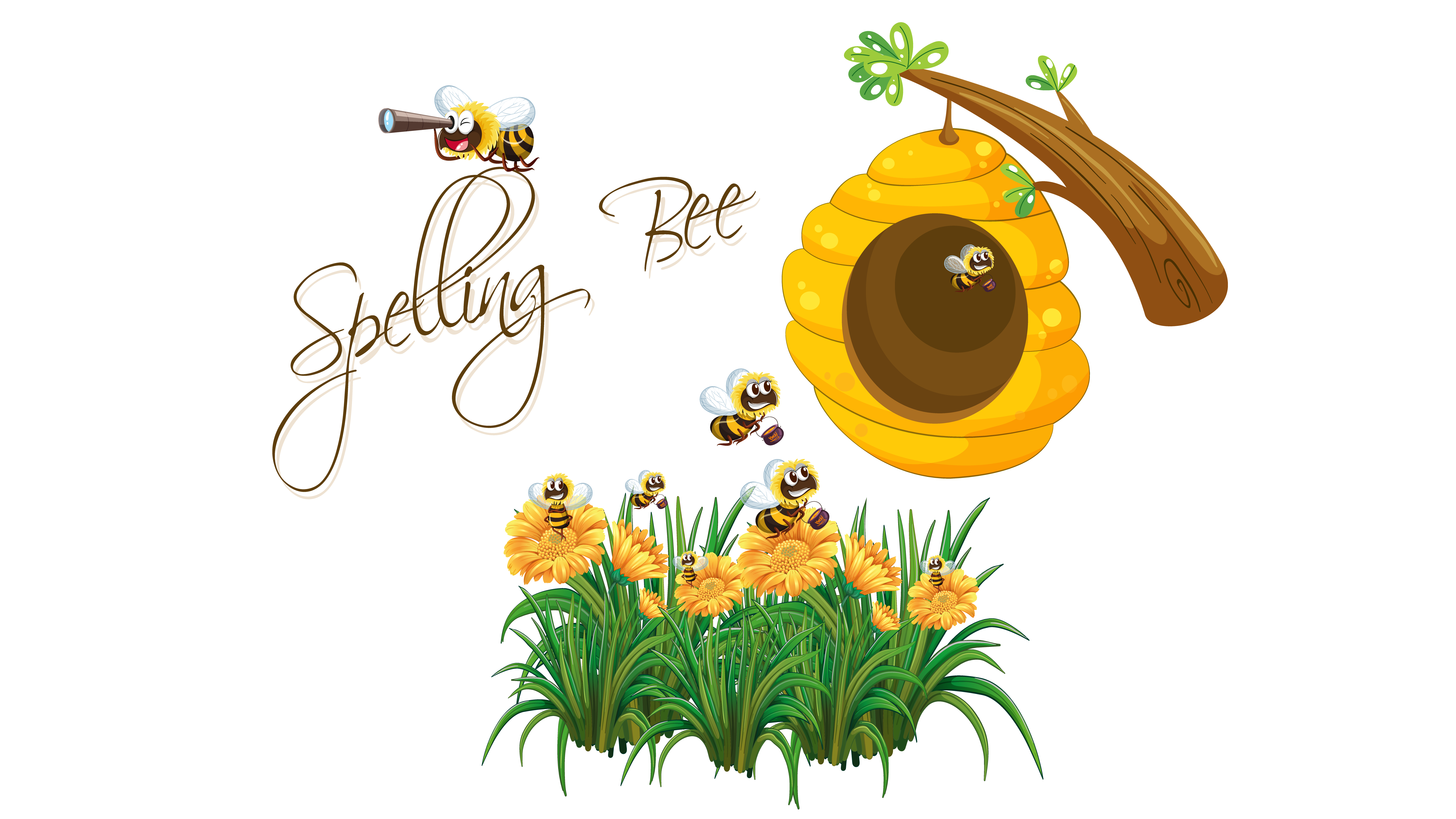
Apart from the Great Words, Great Works list, the official website also publishes a word list of 450 essential words a willing participant must learn before the competition. It is not mandatory that the words will be from this list but it helps.
Other Sources
If you are planning to be actually competitive, you cannot rely on the official source given by the Scripps team.
If you just look for word lists for the spelling bee, you will find thousands of results. To be fair, all of the list quite good but the lists cannot get you far enough.
Don’t be pessimistic!
The wrong approach would be trying to find word lists. There are certain reasons why the lists will not help you.
First, memorizing the word lists is extremely boring. You will certainly lose the drive to complete the whole list.
Second, as there is no pattern, your brain will soon forget the spellings of the words you tried to learn for months. In a plain word – ineffective and fruitless.
Third, no matter how many word lists go through, there is no guarantee that you will find the common words in the actual competition.
The solution to this problem would be to learn words as you go by. Keep a pen and a paper while you are reading fictions and non-fiction. Whenever you find a new word, note it down.
Try to maintain this practice every day. Soon you will notice that you have learned new words every day. This would more scientific approach compared to memorizing word lists made by someone else.
SpellQuiz – Your Trusted Partner
SpellQuiz knows that word lists are ineffective. That’s why we have dictation practices for each grade. for example, kids can practice dictation for class 1 or dictation for class 12 as per their need.
You will have to write the sentence after listening to it. This practice is really close to the template of a spelling bee.
In the competition, you will have to spell a word after listening to the pronunciation of the word.
By the time you have completed the whole practice session, you will learn so many new words that can boost your confidence in the spelling bee.
So, the bottom line is –
- Read regular books, not word lists
- Make your own word list
- Prepare yourself by participating in dictations
- Practice regularly, there is no magical shortcut!
Chapter 11: Prepare Yourself for the 2020 93rd Scripps National Spelling Bee
This year’s 93rd Scripps National Spelling Bee is going to start on May 24, 2020. This means you have little to no time to prepare for the event from scratch.
All you need to do is now is relax and polish up your existing skills.
First of all, I would suggest you have an ample amount of sleep every day. Your number one enemy would be stress, and stress does mysterious things to even the best competitors.
Next, you should only focus on practicing uncommon and rare words in English. Commonly misspelled words should also be on your target right now.
You surely don’t want to lose misspelling a simple word that you already know.
SBO can be a great place for your relaxed practice session. Here, you can compete with players all around the world in real-time. This virtual arena will also boost your confidence and a glimpse of the pressure that you will have to handle in the main event.
To get yourself accustomed to the situations, you can try watching the videos of previous events. Watching these videos will make you familiarized with the customs and situations that a participant has to go through.
Lastly, I want you to be confident and relaxed at the same time. If you can remain calm and collected throughout the whole event, you will win half the battle!
Relax, you have worked hard, and it’s time to show the world your sheer will and determination.
Go on, spell like a champ!
Chapter 12: Where to find the latest Spelling Bee Words for the championship?
As you can guess, the “Spelling Bee Words” are quite different from the day to day regular vocabulary that we use.
These words are way harder.
The reason is also simple, knowing the spelling of these words will make you world champion. So, obviously, the words will challenge you.
Now, you must be thinking – where can I get a list of such words? Where to find the latest Spelling Bee Words for the championship?
Well, the simplest answer is you need to hit the books and magazines.
The organizers don’t just google “the toughest English words.” They find these words while reading. So, you need to do the same too.
Still, we have a list of great sources that might help you find such words.
Check it out –
Words You Need to Know – Words of the champions!
This list is made in cooperation with Scripps National Spelling Bee organization.
Going through this list is a must!
Words of the Champions is the only official study resource of the Scripps National Spelling Bee.
The Herald in Sharon
The Herald is a newspaper company that has created three extremely helpful word-lists for the Spelling Bee competitors.
They have divided the list into three categories – beginner, intermediate, and advanced. You will find long lists along with definitions of the words.
Misspelled Words From 2019 Scripps National Spelling Bee
Time magazine has published a list of all the words that contestants have misspelled in last year’s (2019) Spelling Bee competition.
It’s true that the chance of a repetition of the same word is very low but you can get an idea about the words that participants often misspell.
Spelling Words Well
Spelling Words Well has a wide collection of Spelling Bee words in their website. You can check their website to find different lists.
Hexco Top 100 Hardest Words to Spell
Spelling Bee is all about mastering hardest of the words. Hexco has developed a list of hardest words that a participant might ever face in the competition.
Let me remind you, this list dauntingly tough!
Part III: Why Spelling Bees Are Important and How Spelling Bees Can Help Children and Young Adults?
Chapter 1: What is the Best Age Group for Spelling Bees?
A lot of parents have this question in their mind – is my child old enough to participate in the spelling bee?
Some parents, on the other hand, think that their child is learning reading and writing quite well at a very young age and they should participate in the competition.
Well, you should always keep in mind that the Scripps National Spelling Bee is an extremely competitive event and it takes years of practice before anyone could be ready enough to go for the title.
Moreover, you should also think about whether your child can take the mental toil of this competition.
But is there is an official restriction?
Well, of course, there is!
The Official Age Restriction
The official website has a rule that no participant can be older than 15 years.
In fact, they have stated clearly in their rule book that no participant can reach their 15th birthday before a certain date.
But that was the upper limit, how about the lower limit?
Well, there is no lower limit to the age. But kids under the age of 10 is quite rare in the competition. In 2016, only six students under the age of ten had taken part in the competition.
Typically, students from first-grade to eighth-grade can take part in it.
The youngest competitor ever is a 5-year-old-kid named Edith Fuller. She could clear off words like “Jnana,” “Panglossian,” and “Baedeker!”
Can you imagine a 5-year-old kid taking on the teenagers?
She is such a talented kid.
Common Age Groups
Typically, different popular opinions suggest that students can be divided into five age groups. They are as follows,
| Group | Typical Participants |
| 1 | 6-7 years old |
| 2 | 8-9 years old |
| 3 | 10-11 years old |
| 4 | 12-13 years old |
| 5 | 14-15 years old |
Although, the presence of the 13-year-olds is found in most of the cases. Statistics show that almost 40% of the total students are in this particular age group. Almost, 25% of the contestants are 14 years old.
7th or 8th graders are the main participants in the spelling bee.
About 75% of the total crowd read in the 7th or 8th grade.
So, you should have gotten a solid idea about the age group of the students.
The Ideal Age Group
Starting preparation from the age of 10 seems like a smart idea.
Before the age of 10, it might be too tough. Although, there are participants under that limit. But handling the pressure might seem too much some kids.
You should consider that fact as well.
As a child can take part in the competition up to three times, you should plan out the age of starting carefully. A lot of people feel that 5th or 6th grade is the ideal time for a student to participate.
Chapter 2: What are the Benefits of Entering My Child in a Spelling Bee?
Before you begin, answer this question first, “Is spelling bee just another competition?”
Starting from the 1920s, the competition has become extremely popular worldwide. With certainty, anyone can vouch for one thing – the spelling bee has numerous positive outcomes in a child’s life.
It’s not just another talent hunt or national competition. It’s more than that, much more!
In the recent few years, the spelling bee has attracted more and more eyes to it.
What is in it for your kids?
Just a trophy and some other prizes? Not really!

The outcome is more than that, and most of them are long-term benefits. So, let’s take a look at the benefits of the competition.
A Strong Command over the English language
Spelling bee has a direct impact on the overall learning of the English language. The competition helps to bolster all the four pillars of learning a language – listening, reading, writing, and speaking.
A participant has to collect a certain amount of unknown and uncommon words. Most speakers find it hard to use these words in their daily life.
Not only that these words make your English base stronger but also at the same time enhances the communication skills too.
Public Speaking Skills and Overcoming Stage Fright
On the final stage, a competitor has to speak out the spellings of the words to a mass crowd. This practice makes a child stronger in public speaking.
Stuttering is one of the most common things that a person feels when they try to speak to a mass crowd. A speller overcomes this fear while practicing for the spelling bee.
Almost every contestant that ever participated in spelling bee has said that spelling bee has helped them speaking to a crowd.
It gives an immense amount of courage and helps one’s public speaking skills.
Confidence Boost
Almost every speller has said that the competition has made him or her more confident than before. It’s a great practice for the students.
This boost of confidence will help them in many stages of life. People can also gather up the courage handling tougher situations and make decisions instantly.
It’s a great way to build one’s characteristics.
Linguistic Excellence
Spelling has a real close tie to reading and writing. The long practices make one stronger by creating a better and positive attitude.
Linguistic excellence grows in a subconscious state of mind.
The person will not have any idea how much they have learned, but they are learning. The process never stops actually.
The vocabulary gets really enriched, and the participants can know a lot of unknown words that make them way better than the mediocre students.
Character Build-Up
The spelling bee is a tough competition, tougher than it might seem. There is only one winner, and it’s a national competition. The whole nation gets hyped and national television cover the whole program live. The hype is a lot to kids as none of them are older than 15 years. Going through these scenarios, one becomes much, much stronger.
The friendly rivalry and competitive attitude make them ready for the harsh reality of the world.
Gateway to Other Skills
The spellers have been seen focusing on more character-building skills than their peer. The competition has made them join different other good practices too. It bolsters the overall characteristics.
Some of the spelling bee champions have written best-selling books.
Even some of them cultivated the good practices of debating, public speaking, anchoring and many more.
Better Results in School
Spellers become automatically more attentive to their studies. They take their studies more seriously and more often seen to get better grades on the exams.
This will apparently make them a stronger candidate in college or university admission. The students don’t just read; they love to read!
Prepared for Life
A contestant learns a number of lessons from the spelling bee that help them in real life. Team approach gets boosted up as the students practice with their parents or teacher. They learn about how to play a team game.
It also teaches them to be patient and calm. Handling the nerve is also another skill one must adapt.
Showing generosity and accepting failure are also two things that one learns. All these learning make one a better person as well as ready to face the world.
There is no denial of the fact that the spelling bee makes a participant better in numbers of things. It’s a raw and true way to build oneself better.
Although the pressure could be too much for the tender kids, it’s also a lesson – a great lesson that one learns one day or another.
The healthy practice can also make your child adapt to uncomfortable situations at a very early stage.
Without any doubt, the spelling bee is an adrenaline filled journey with excitement stored every corner of it. It’s a story inspiration and self-development.
Chapter 3: What Can My Child Take Away from a Spelling Bee?
You might be wondering how your child is going to be benefited from a spelling bee?
The spelling bee is a tough competition and being a parent; you know it will create immense pressure on your child.
So, it’s completely okay for you to be extra cautious about everything regarding spelling bee.
Besides winning the competition, spelling bee will allow your child to discover many of the opportunities in his or her life. This competition is a gateway for him or her to a greater knowledge-based world.
Actually, your child can take a lot from the spelling bee.
Grammatical Knowledge Improvement
The spelling bee is about how well you know the English language. And to know the English language properly, you have to learn the grammar. As a spelling bee contestant, grammar is a must for your child.
So, he or she will learn grammar in the process which will help him/her even after the competition is over. No wonder it will give your child an insight into the English language.
It allows your child a comprehensive knowledge of words, their definition, pronunciation, and their roots. So, because of the spelling bee, your child will become a master of the English language!
A Richer Vocabulary
The spelling bee is all about vocabulary. The more vocabulary your child knows, the more likely he/she is going to achieve success in the competition. But when the competition is over, it will still benefit him/her greatly.
Your child will get competency over vocabulary which will allow him or her to understand more and more words. It will result in a great skill of reading of an extensive range of materials for your child.
Moreover, with the rich vocabulary, your child will find conversations are easy to carry on and express their feeling with the proper words.
Greater Learning
Learning words for a spelling bee will allow your child to become interested in the origin of a word. Your child may find it interesting which will lead him or her to trace down the etymology, origin and other information of words.

Thus, he or she enters into a greater knowledge-based world. This competition will motivate your child to seek new words and also it will increase your child’s interest in learning new words and their etymology as well as the roots.
Competitive Attitude
Because of spelling bee your child no wonder will be more competitive. It creates a supportive competition among the contestants. The spelling bee is like a physical competition. It will stimulate your child’s brain activity and excitement.
This eventually results in flowing more adrenalin of your child. A friendly like rivalry will allow your child to interact with co-workers and see them as resources, not competition.
A spelling bee will bring out your child’s competitive attitude and set him or her for any situation.
Cognitive Skills
Spelling bee competition is a lot of pressure to take. And in the process, your child will be able to develop a good range of cognitive skills like the ability to handle the pressure. It will give a good memory to your child, and he or she will be able to adopt a better learning skill.
It will help your child in higher studies. So, because of the spelling bee, your beloved child will develop his/her cognitive skills, and it will be super beneficial in the long run.
Confidence Boost
The spelling bee will boost up your child’s confidence. Throughout the competition, he/she will learn how to talk in front of people. It will teach him/her how to respond quickly and how to accept mistakes.
These activities will only make your child confident. He/she will be confident enough to take any challenge positively in practical life. As a result, we can say, your child is benefited greatly by the spelling bee.
Most of the spelling bee competition winners have done fantastic in their life. So, there’s a good chance that your child will be a winner and with that experience, he/she will do something amazing in his/her life.
However, even if your child does not win the competition, he/she will be greatly benefited from the experience gathered from participating in the spelling bee.
Chapter 4: Will Spelling Bee Help My Child in the Future?
Nowadays, it is a dream for every child to take participates in spelling bee competition. But as a parent, it is quite normal for you to look at the pros and cons of this tough competition.
You might be wondering if it will help your child in the future and how?
Change in Prospect
The spelling bee will change your child’s prospect and way of looking at things and thinking. In the competition, he/she will have to compete with another contestant in a friendly rivalry environment.
Nonetheless, he/she will learn that nobody is an enemy or competition for him/her. Rather everybody is a resource, and everybody has to offer something to learn from.
No wonder it will help your child in the future. He/she will learn how to keep patience and take challenges.
Time Management
The spelling bee is a tough competition, and it will bring the best out of your child. He/she will learn time management during the competition. Spelling bee requires intense preparation.
It is a must to learn grammar, more and more words, and their roots to win the title.
So, it’s all about time management.
Your child will have to take preparation for the competition and carry out the regular studies at the same time. So, time management is the thing he/she will learn in the process for sure.
Cultivating Calmness and Focus
This is easy to say but hard to remember. But spelling bee will teach your child this hard lesson.
In a national spelling bee, there will be cameras, lights and it is a confusing time. Everybody is nervous, yet your child will manage to source his/her confidence.
He or she will learn to keep the pressure under control and stay focus in an adverse situation.
It is needless to say that it will benefit your child hugely in the future. He/ she will be able to confront any situation with the experience he/she gathered from the spelling bee.
Sometimes Luck Favors!
Hard work will pay off for sure. But sometimes luck can come down to you with success. In a spelling bee, you just can be lucky enough to get the words you know how to spell. It can be a huge favor for you.
It is a great lesson for your child, and he/she will remember it all his/her life.
He/she will take every opportunity luck gives them and utilize them properly for sure! Your child will keep in mind that luck sometimes favors!
Being Persistent
The spelling bee will teach your child to be persistent in life. He/she will learn that success may not come immediately. They take time. And you have to adhere to it. Your child will learn how to keep patience while participating in a spelling bee.
It will help him or her in the long run. He/she will be able to perform necessary everyday work with great apathy which will set him/her in a better position.
The competition will allow your child to explore all his/her opportunities. It will make him/her a better human being and a real talent.
It will make them hard-working, focused and optimistic. The spelling bee could be one of the best stepping stone in the future of your child!
Final Thoughts
The name spelling bee is around us for a long, long time. What started as a simple competition for witty kids is not just another competition anymore.
The glory and the recognition can give a winner an international exposure. He or she can witness themselves to become a phenomenon.
But the one should always respect the struggle and hardship of those who cannot wear the title. Because, most of them have practiced hard, day after day, night after night. Lastly, we wish you all the best if you are planning to start your practice for the competition or have started already. One last suggestion – Never lose hope!
At times things could seem impossible, you could feel miserable. Don’t feel frustrated. It only shows how much determined and how hard you are trying to make things possible.
You might not feel it, but you might already have surpassed the maximum of the contestants as you have the sheer will to win the competition.
Even if you have failed to win the competition once, get back up, stronger than ever. Tell yourself one thing again and again – I am the very best. If I cannot do it, no one in the world can do it; I am the champion!
We hope this guide has helped you to understand the nature of a spelling bee competition. What do you think about the guide?
Let us know your opinion and feel free to ask us anything about the competition in the comment section below. We would try our best to help you with everything you need. Now you can take part in online Spelling Bee too! Check out the SBO section on Spellquiz today! Also, try this vocabulary tester to understand your current skill level! Try these spelling tests to master English spelling! Also, don’t forget to check the complete list of sight words.
